Letters From The Terrace
I take a breath. An experimental inhalation, testing whether my lungs still remember how to fill completely. They do. Barely. I stand on my terrace at Poblet Monastery, overlooking a millennium of Cistercian history spread before me like an illuminated manuscript, and I realize I’ve been holding my breath for months.
But here—oh my—here I can finally breathe.
The ancient grapevines below me wear their autumn yellows and burnt oranges like ceremonial vestments they’ve donned for decades upon end. The monastery’s stone walls exhale centuries. Birdsong fills the air with a complexity and beauty I’d forgotten existed—layers of calls and responses, territorial announcements and mating songs, all day long. A symphony without conductor or score. In Barcelona, car horns and construction drown out everything with wings. Here, the birds own the soundscape.
I feel gloriously, almost desperately nomadic. Unmoored. Free. The unownable land stretches away from me with its minimalist decoration—just trees and sky and the enormous quiet that only exists when you leave the city behind.
Barcelona is eternally, relentlessly, impossibly loud. I don’t realize this until moments like these, when silence presses against my eardrums like a physical presence. (Don’t misunderstand—I love Barcelona’s noise, her chaos, her refusal to ever truly sleep. But even love needs occasional sabbath. Even the most devoted city-dweller needs to remember that silence exists.)
Last night I shivered through Compline (prayers at the end of the day)—not from cold, though the Gothic stones held November’s chill—but from something else entirely. I was one of only five bodies besides the monks in a sanctuary built to hold thousands. The service began with minimal electric lighting, those grudging modern concessions to the 21st century. But then, as the Gregorian chant began its ancient, serpentine ascent through the arches, a monk moved methodically through the space, extinguishing the lights. Click. Click. Click. Until there was nothing but candlelight and that otherworldly sound bouncing off stone that has absorbed a thousand years of identical prayers.
My body knew, before my mind could articulate it, that I had stumbled into something holy.
The chant echoed and reverberated through the Gothic arches in ways that made the very architecture seem to breathe—those curves and vaults and impossible heights designed not for acoustics (though they achieved that accidentally) but for the soul’s expansion. This is exactly what has been happening here for a millennium. Except then, there were no electric lights to extinguish first. Just candles. Just voices. Just men seeking God in the darkness.
I tried and failed to imagine the life of a monk.
Are they really celibate? (My body can’t conceive of it.) Or do they find sexual sustenance with their brothers? It seems incomprehensible to me in some aspects—this voluntary renunciation of touch, of intimacy, of the flesh’s communion. But then, the austere life, the solitude, the uncompromising devotion to something beyond the self—that I understand. That actually compels me in ways I’m not entirely comfortable admitting.
This morning at breakfast, I was utterly, surreally alone. The only human being in the dining room. Me and my coffee and bread and the thick, benedictine silence. Autumn off-season has gifted me this entire vast place almost to myself. It’s like inhabiting a dream someone else started centuries ago and forgot to finish.
The paradox twists in my gut: How do I find refuge—actual healing—in these religious liminal spaces when I am convinced, absolutely convinced, that their god does not exist? That he doesn’t hear them. That he doesn’t even know about the extravagant work and suffering poured into building this magnificent place. The prayers that have soaked into these stones like wine into bread—all of it offered to an absence, a beautiful fiction, a desperately needed nothing.
And yet. And yet.
These spaces heal me. They heal so many others. I watched the monks’ faces last night during Compline. They weren’t performing. They weren’t pretending. Whatever they’ve found here—in the rhythm, in the ritual, in the thousand-year-old chant that requires nothing of them except their voices and their presence—it’s real to them. It transforms them.
Maybe that’s enough. Maybe transformation doesn’t require a listening god. Maybe the practices themselves—the discipline, the beauty, the surrender to something larger than ego—maybe those practices are the alchemy. The work is the grace.
This morning’s tour revealed that the Cistercian cloister represents the four aspects of being. I almost laughed out loud. My theory of being—Sensual, Curious, Communal, Free—echoed back at me from 12th-century architecture. The monks knew. They always knew. The body, the mind, the soul, the spirit—all four quadrants are necessary for wholeness. The quaternity I’ve been chasing through my own labyrinth of flesh and spirit was literally built into these walls.
In the royal pantheon, I stood before the tombs of Peter the Ceremonious and John the Hunter—the alchemist kings I’ve been researching for months, reading about in manuscripts and scholarly articles. And there they were. Marble and silence and the strange weight of actual history pressing against my chest. These men really lived. Really sought the Philosopher’s Stone. Really believed transformation was possible—not metaphorical transformation, but actual, physical, measurable change. Lead into gold. Mortality into something more.
I understand that hunger.
Yesterday I walked through Montblanc’s medieval walls—another layer of research, another portal into the 14th century my upcoming novel inhabits. The Gothic cathedral rises dark and severe against the autumn sky. I traced the ancient stones with my fingertips, stood at the gate where Sant Jordi supposedly slew the dragon (because of course Catalonia has its own dragon-slaying saint, and of course the legend gets commemorated in a stone arch that pilgrims have walked through for centuries). My protagonist David will walk these same walls, searching for the Order of the Crown of Aragon. But first, I had to walk them. First, I had to feel how time moves differently inside medieval walls—slower, denser, more willing to loop back on itself.
The setting here makes it easy—necessary, even—to picture alchemical practices combining with spiritual practices in a joint pursuit of transformation. In this thin place where the veil between worlds grows gossamer, I can almost see the monks in their secret laboratories, the kings in their studies, all of them seeking the elixir that would perfect matter and soul simultaneously.
Think of the history that has passed this place by. So many wars. So many atrocities committed by men who had no idea—who have no idea still—what it means to seek a divine feminine. What it means to honor the body as sacred. What it means to transform shame into wonder.
Last night, after Compline, I stepped outside and looked up. Stars. Extraordinary, impossible numbers of stars scattered across the November sky like salt thrown by careless gods. In Barcelona, light pollution drowns them all—maybe you catch a dozen on a clear night if you’re lucky. Here, thousands. The Milky Way visible as an actual river of light. I stood there, neck craned back, breathing that clean mountain air, and felt the universe expand around me. Or maybe I expanded into it. Hard to tell the difference in moments like that.
I breathe again. Deeper this time. The air tastes like autumn and stone and time that moves differently here than it does in the city. So quiet. So quiet. I finally understand that I’ve been living in noise—literal and metaphorical—and I’d forgotten what silence offers.
Presence. The monastery’s silence isn’t empty. It’s full. Full of breath. Full of birdsong and starlight. Full of the waiting that comes before every new creation. Full of the patience required to let the old self rest so something new can emerge.
Its so nice to breathe
So nice.
—
Sensual | Curious | Communal | Free
If you enjoy this post, you can Subscribe HERE and receive two emails per week, uncensored and authentic. I will never spam you and you can unsubscribe anytime. Join our growing community.
I’ve included photos and videos (at the end)—images of the royal pantheon, the cloister’s arches, the autumn vines, Montblanc’s medieval walls, the view from my terrace. Sometimes a thousand words can’t quite capture what a single image can, though I’ve tried to do both.
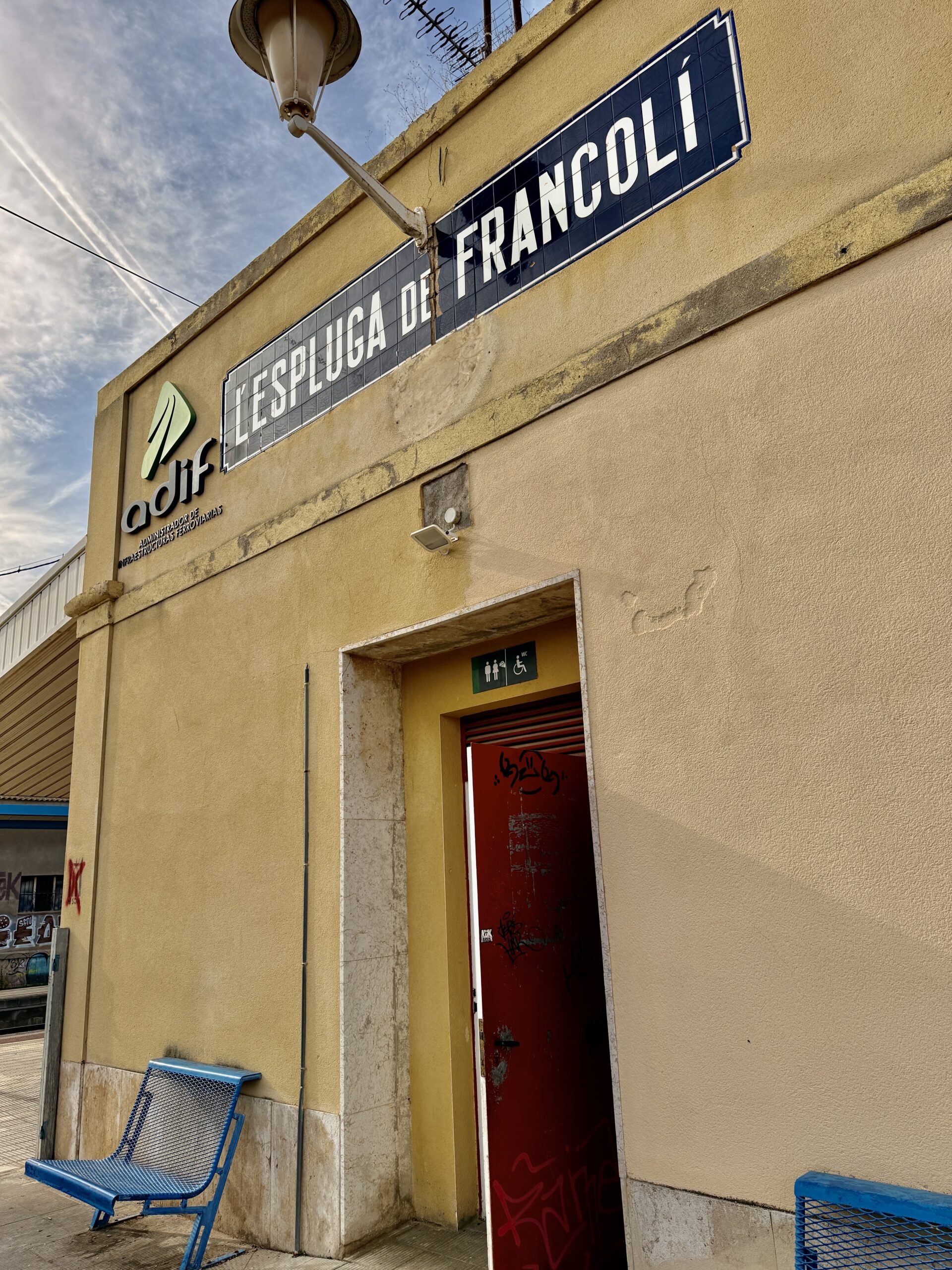
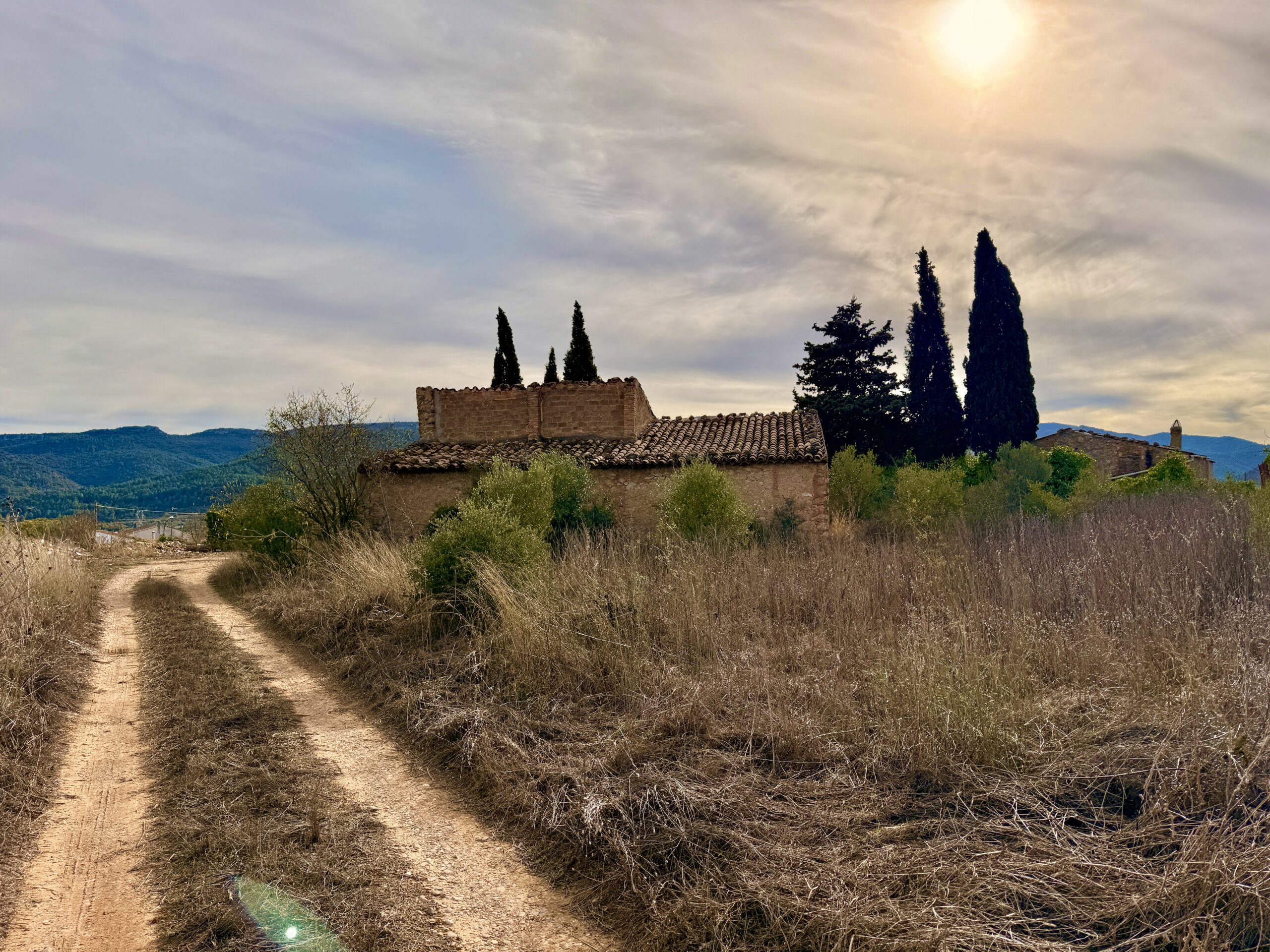


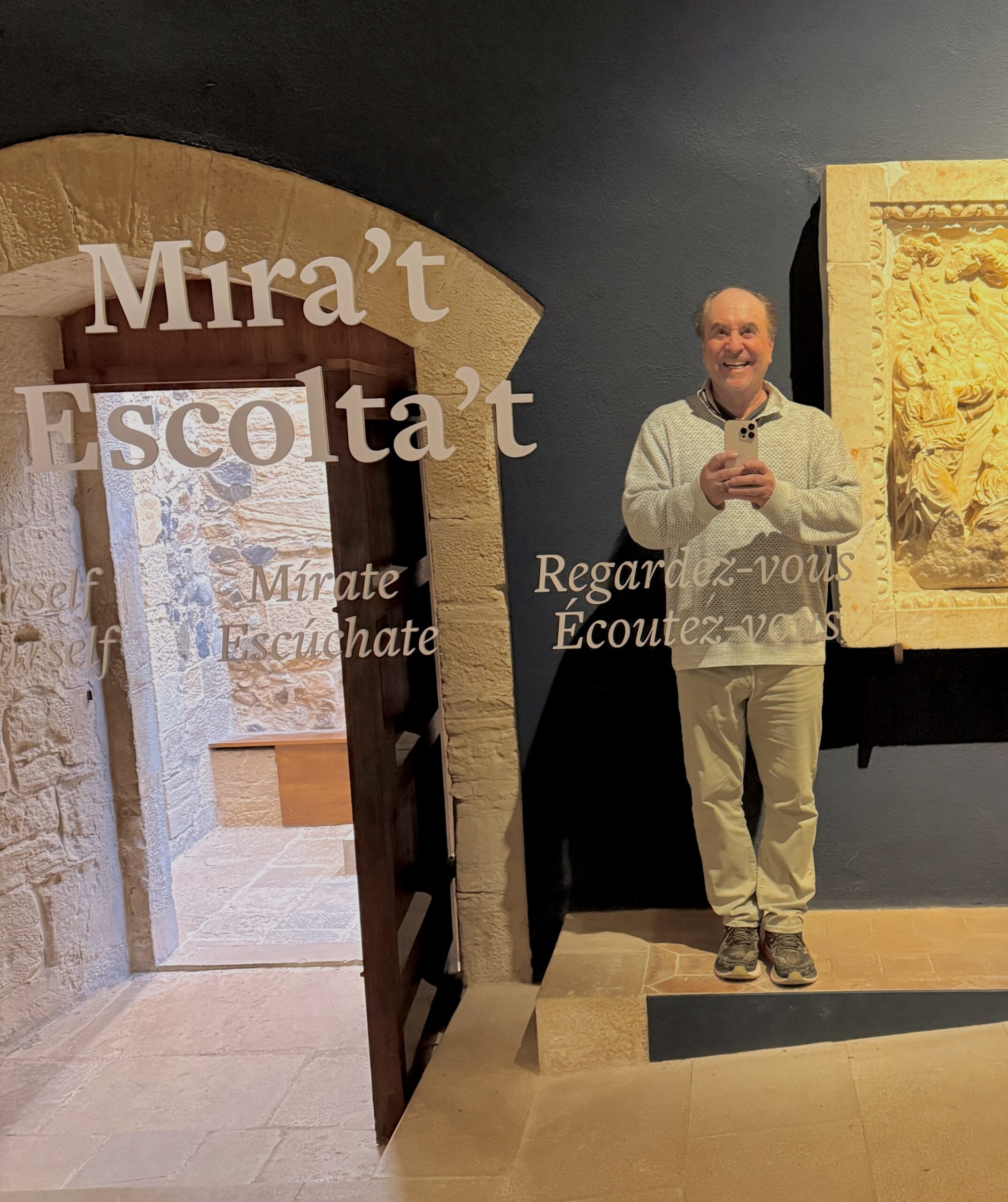
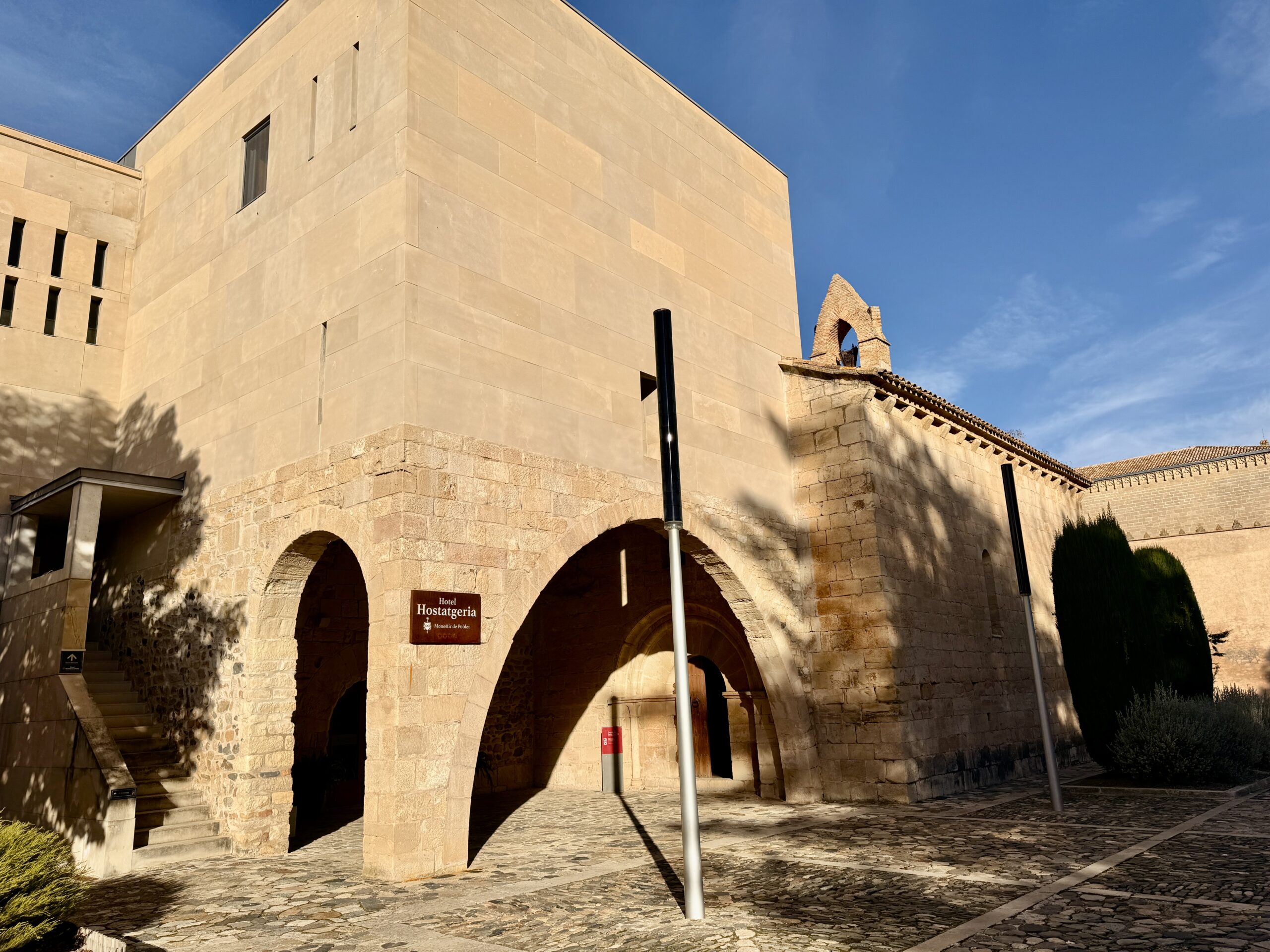
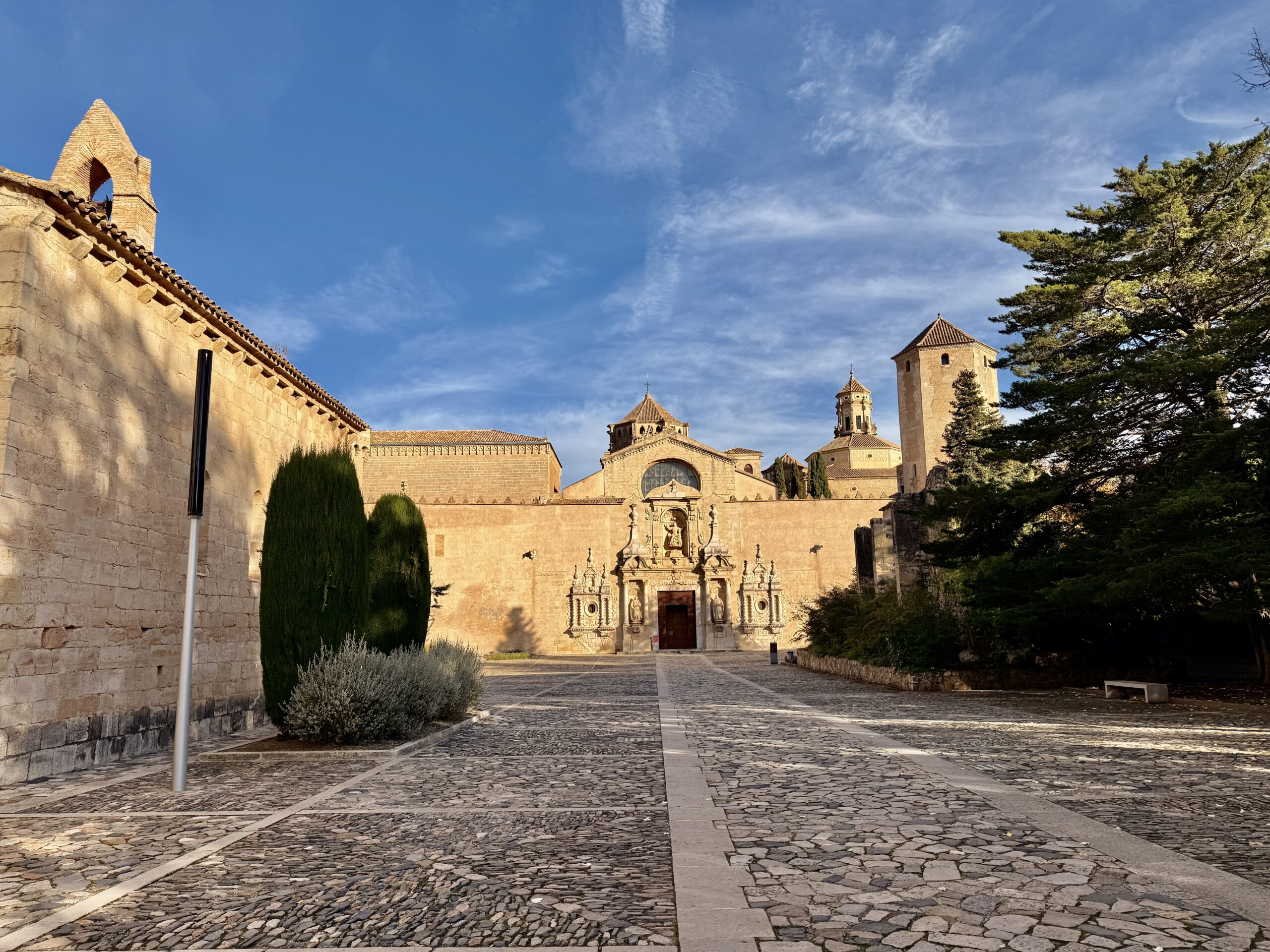
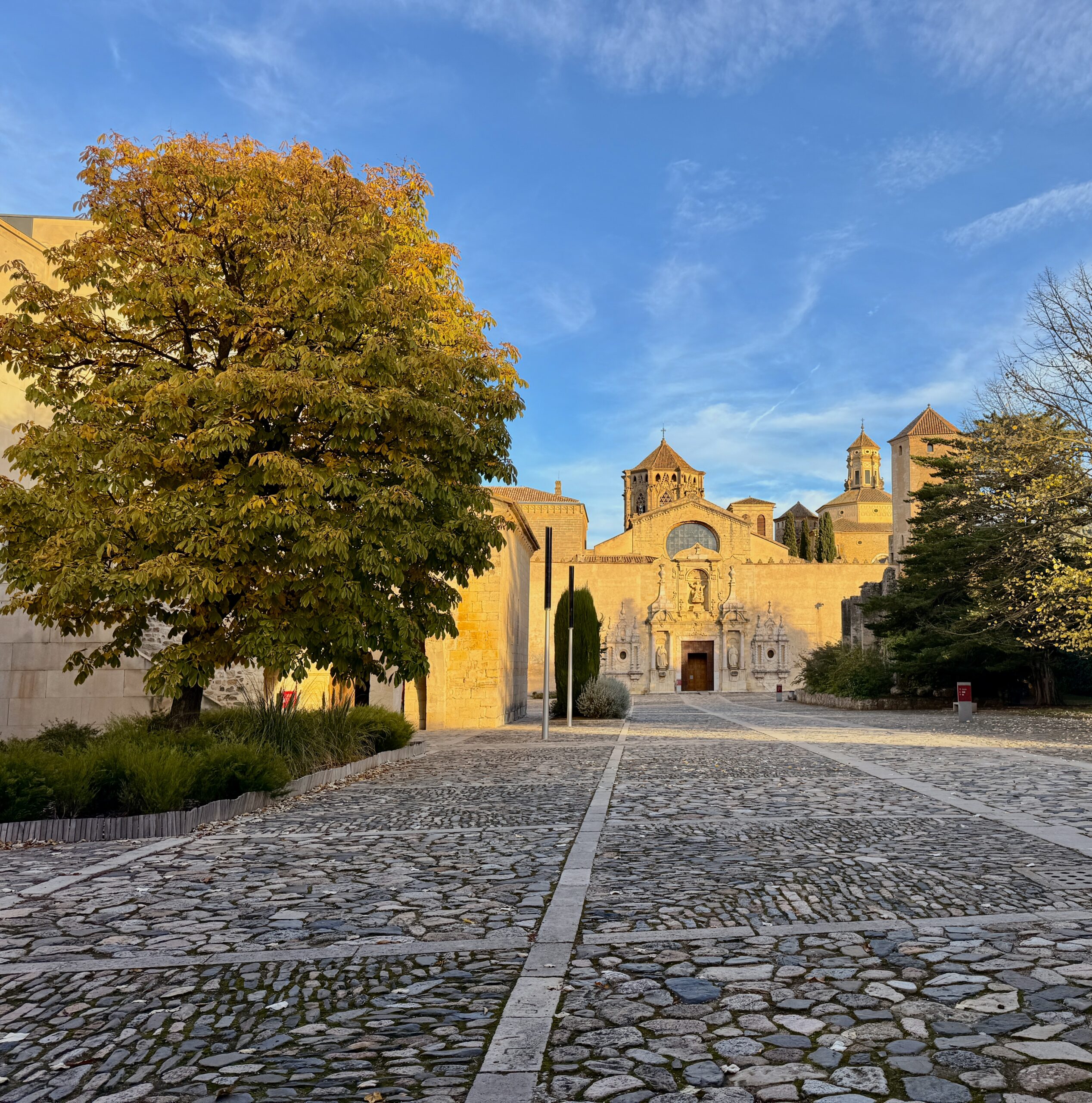
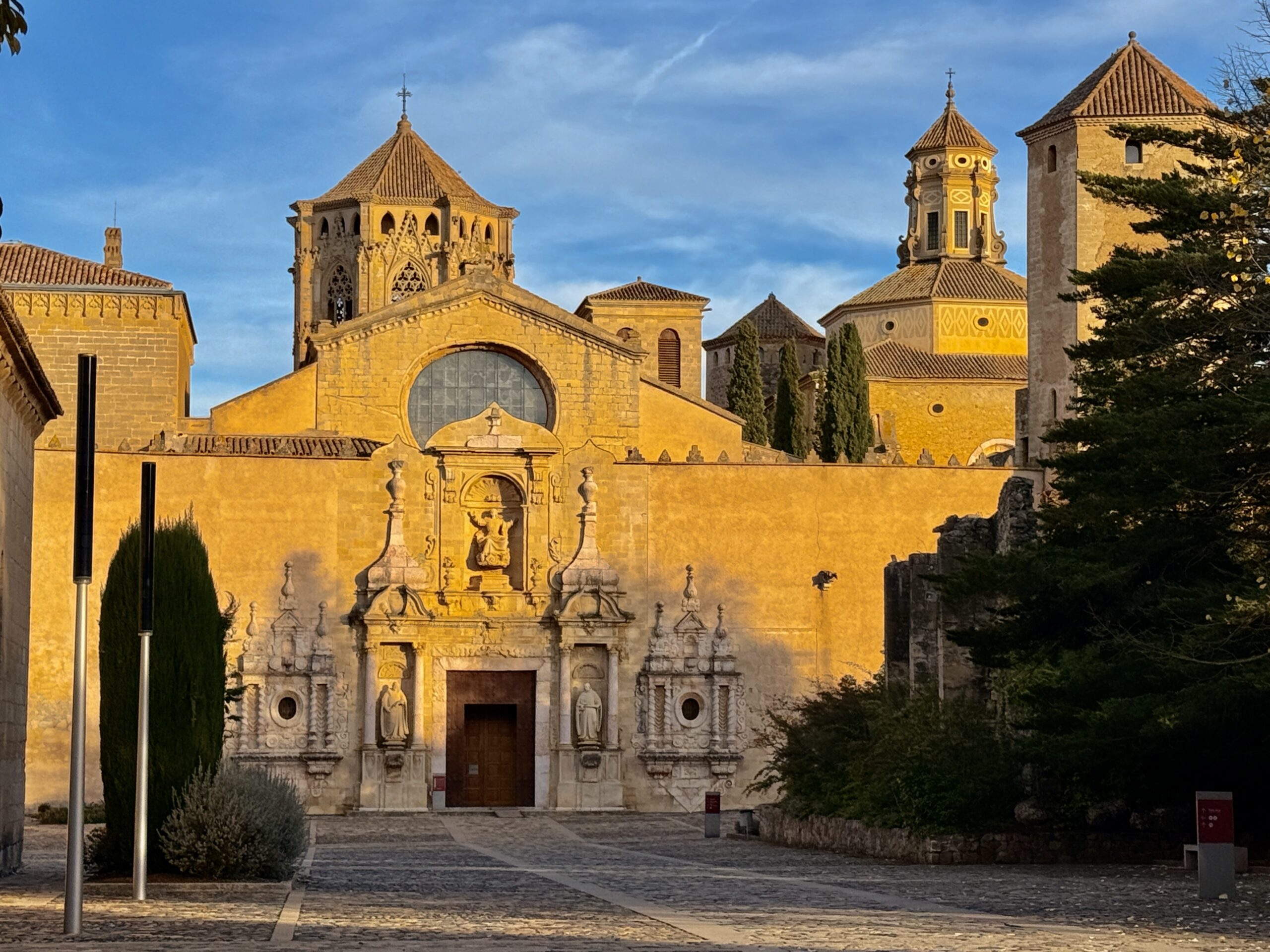

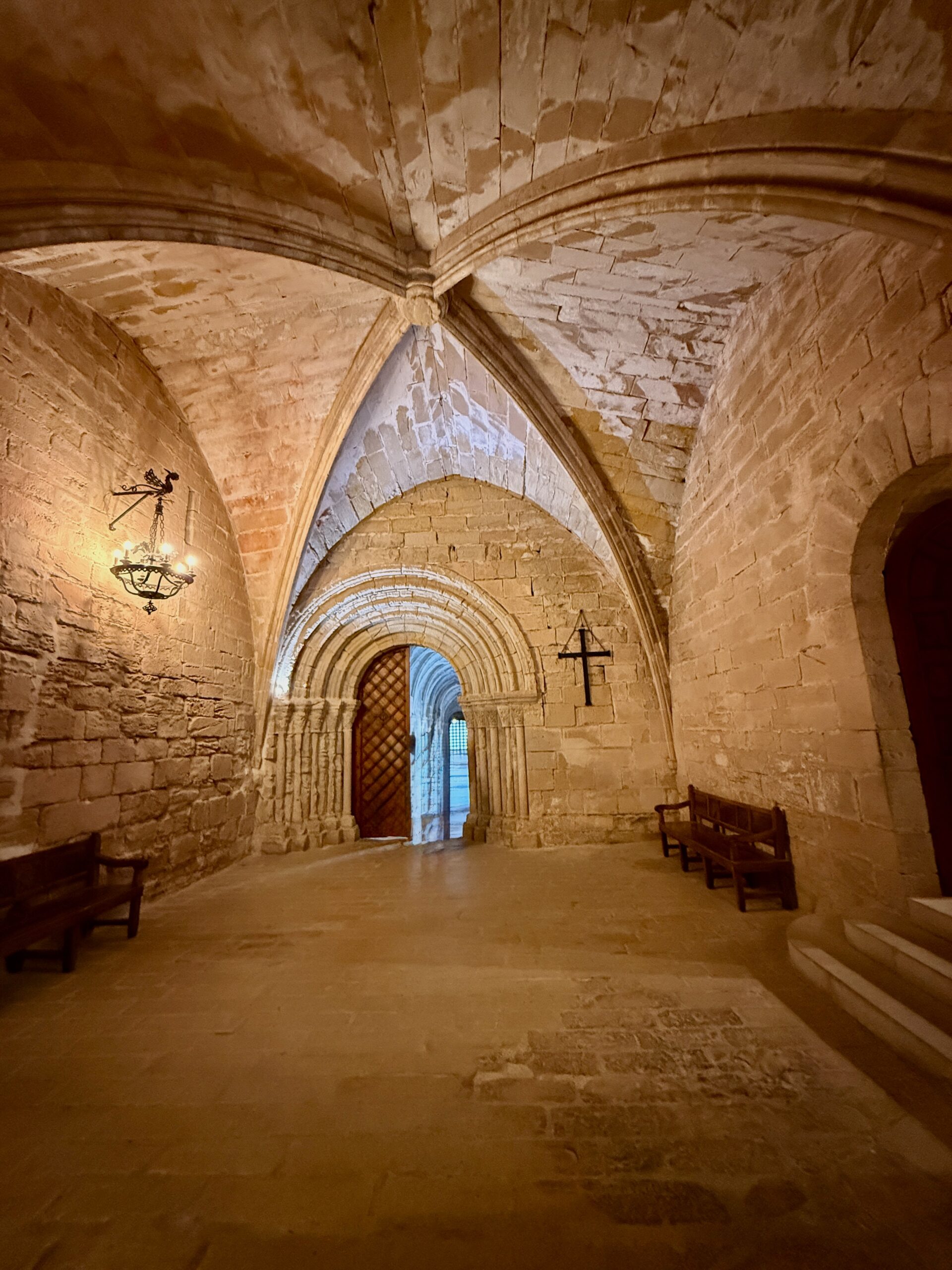
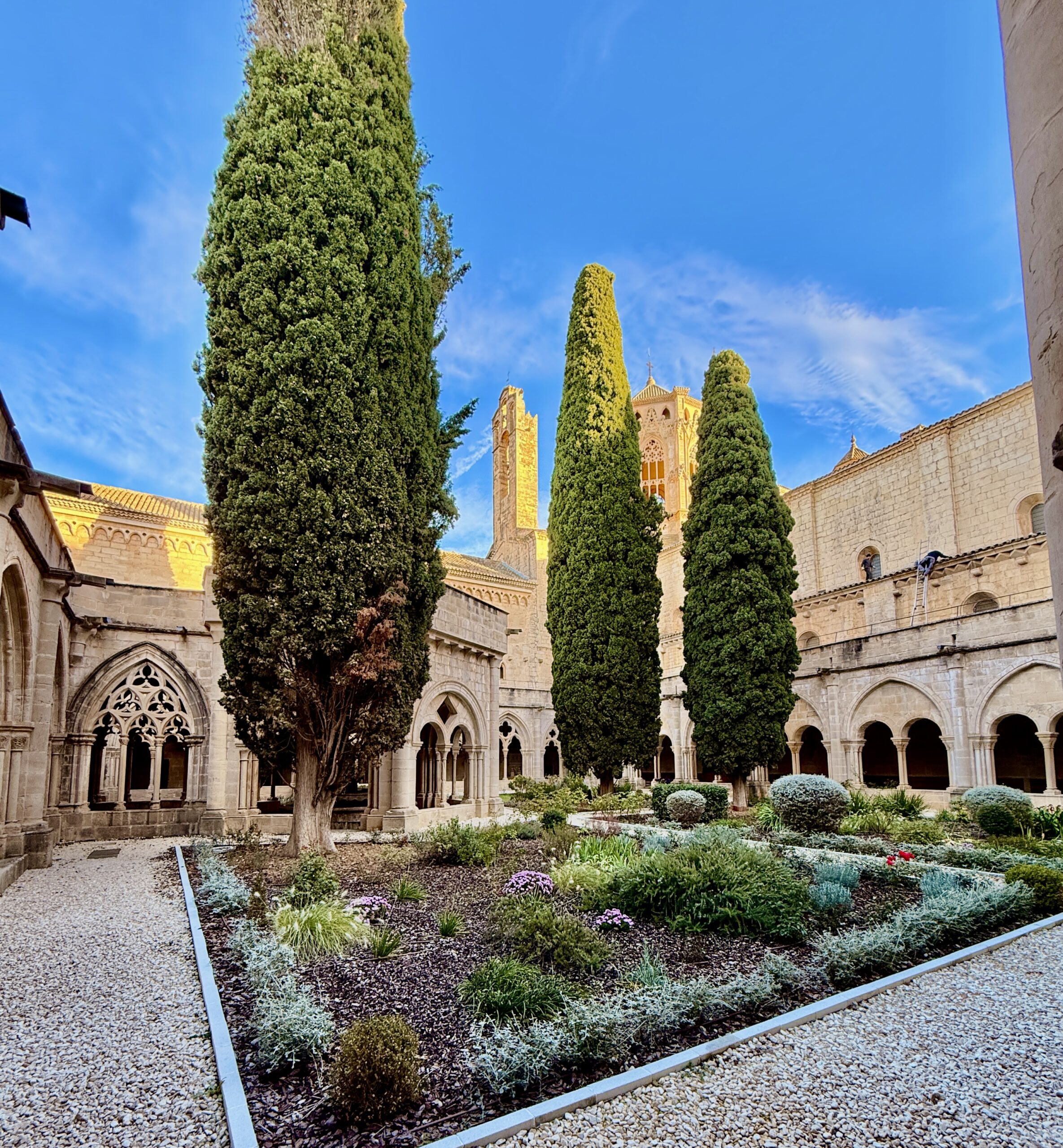
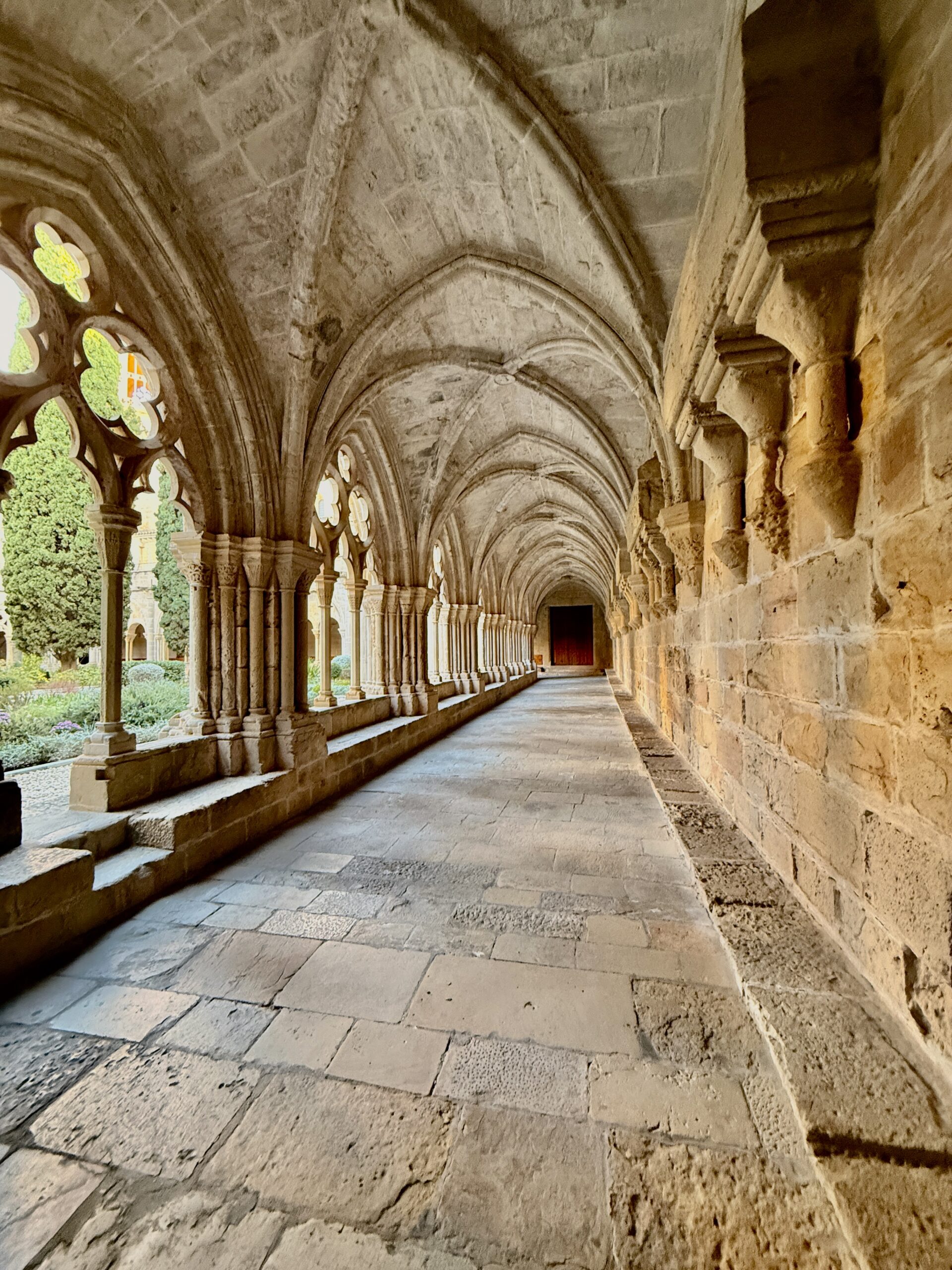
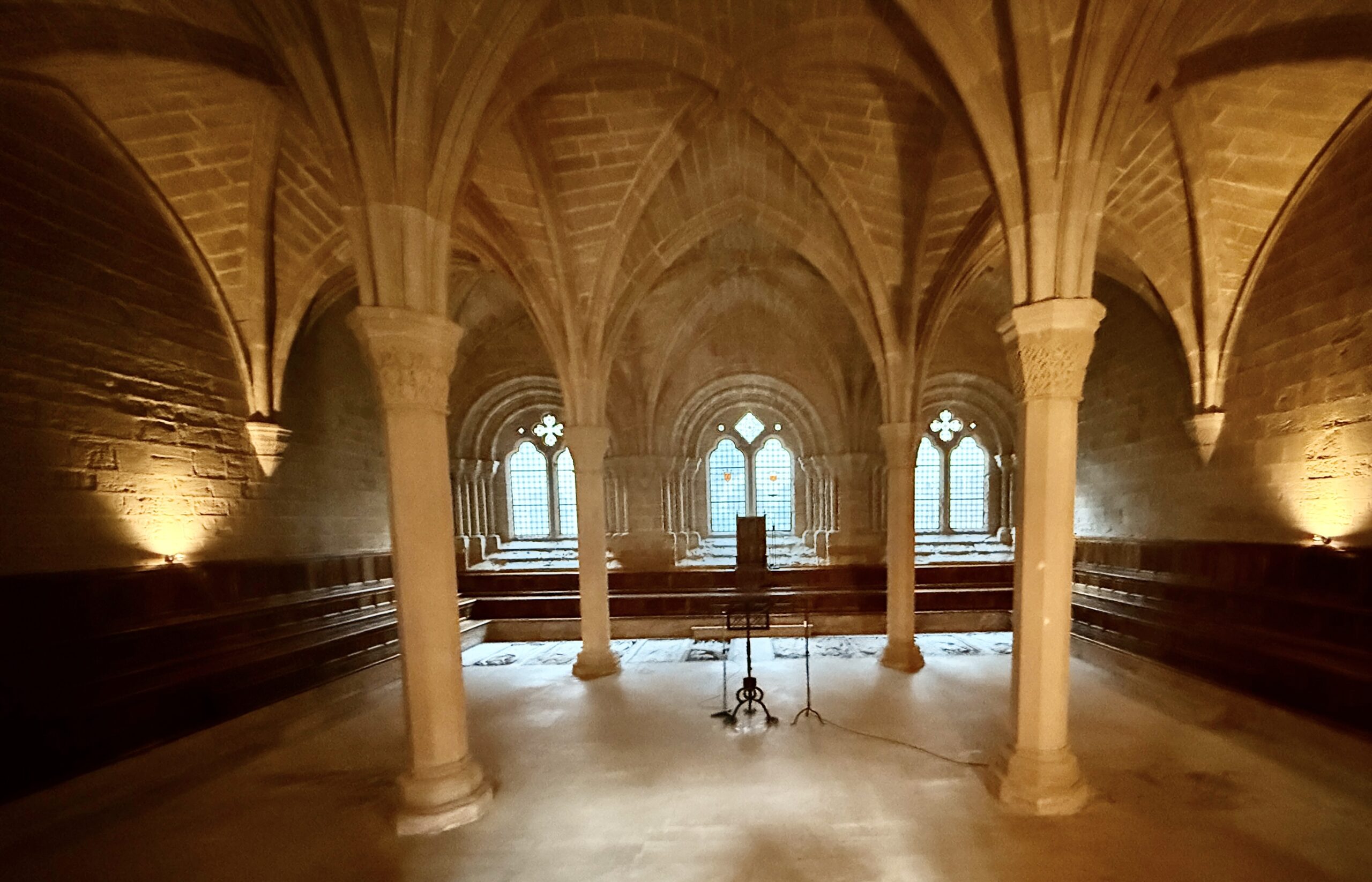
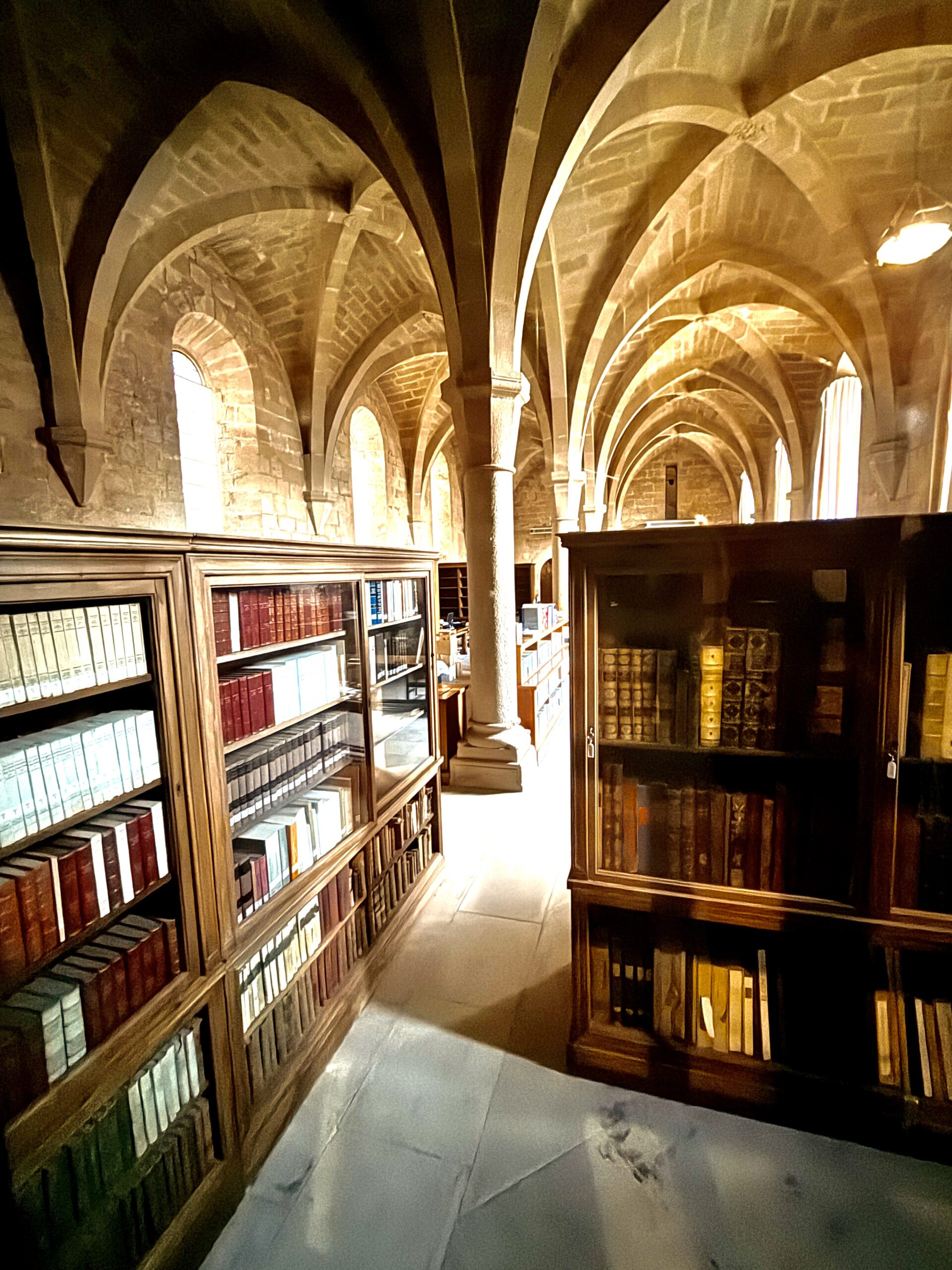
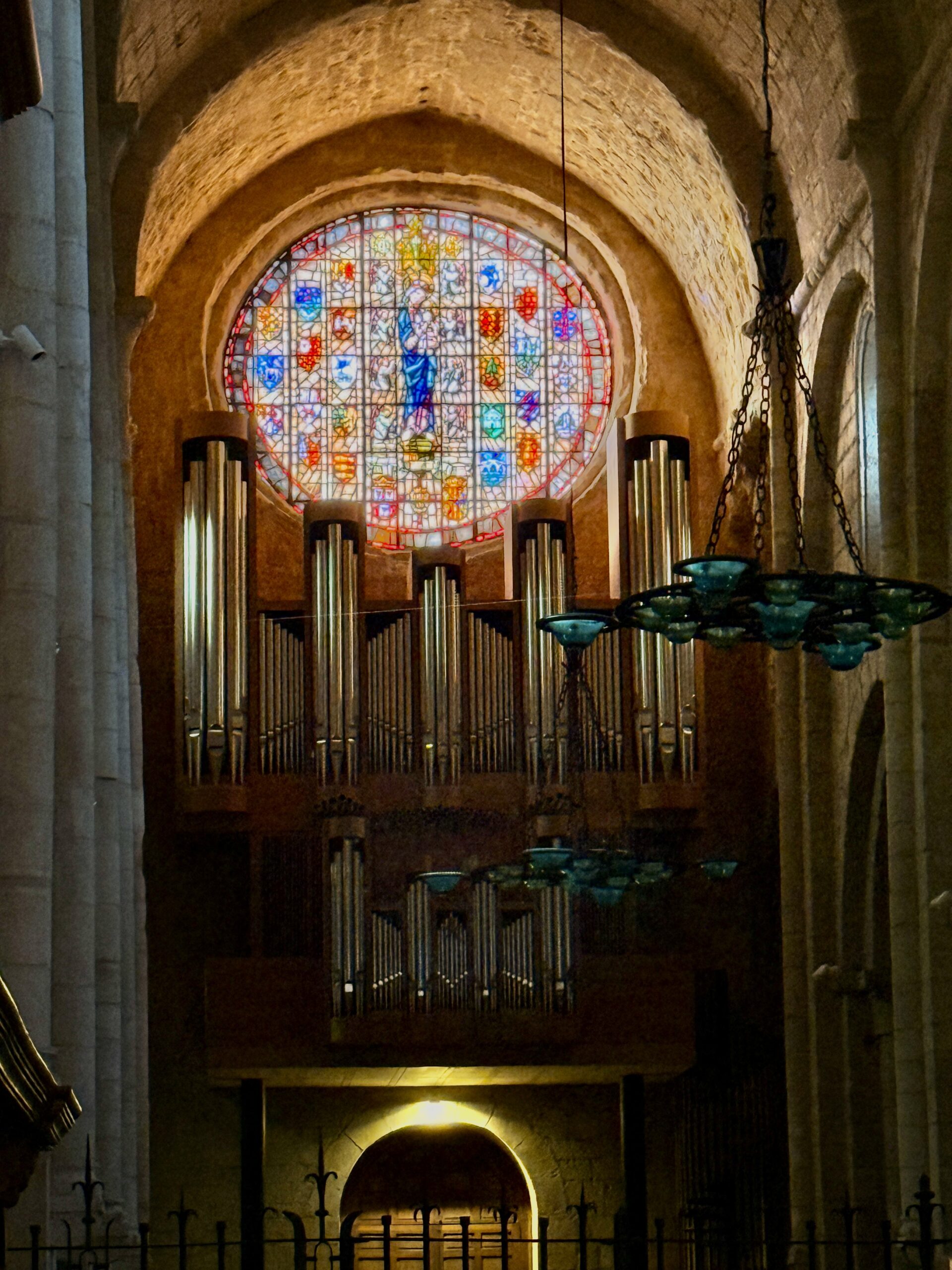
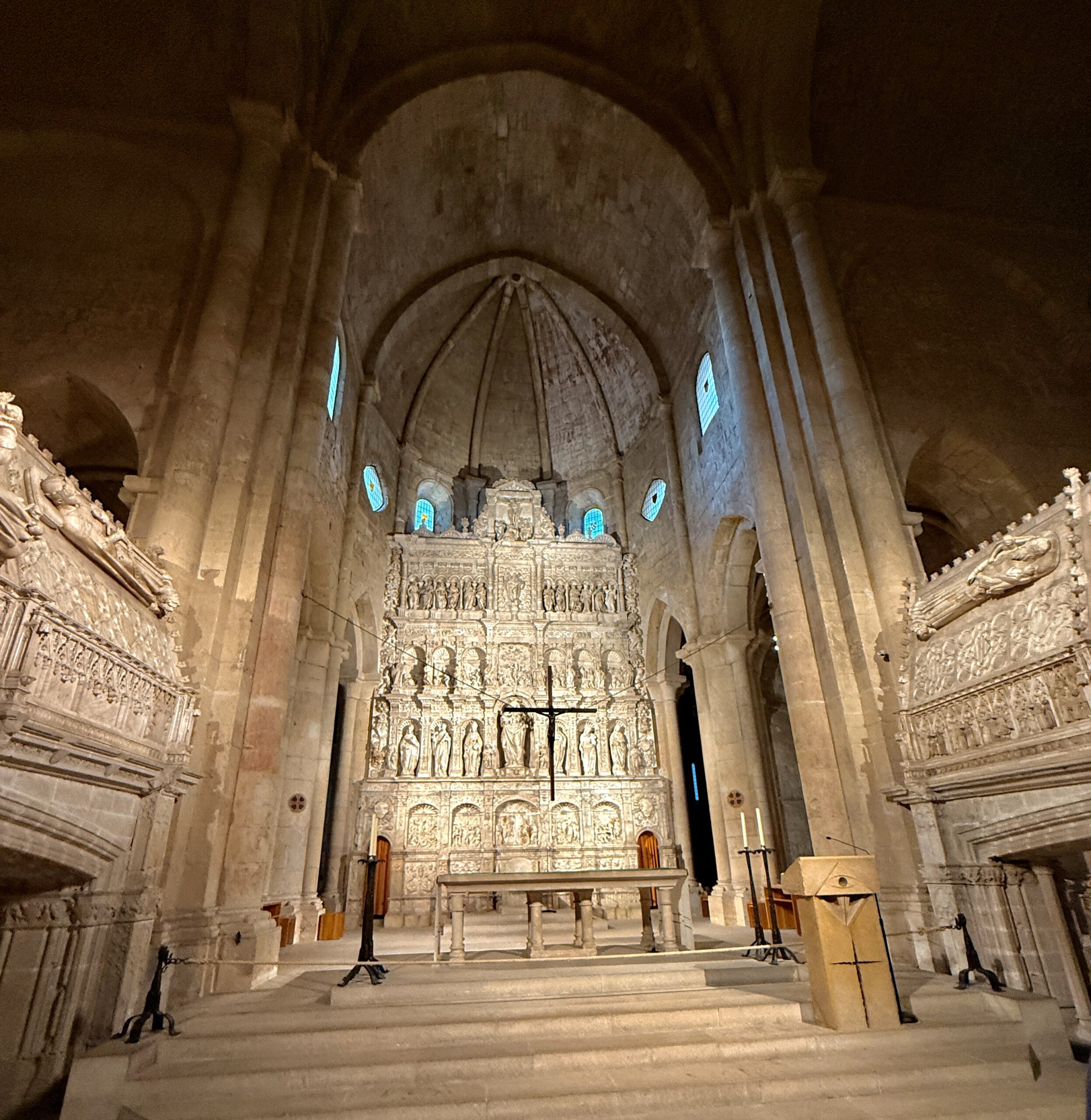
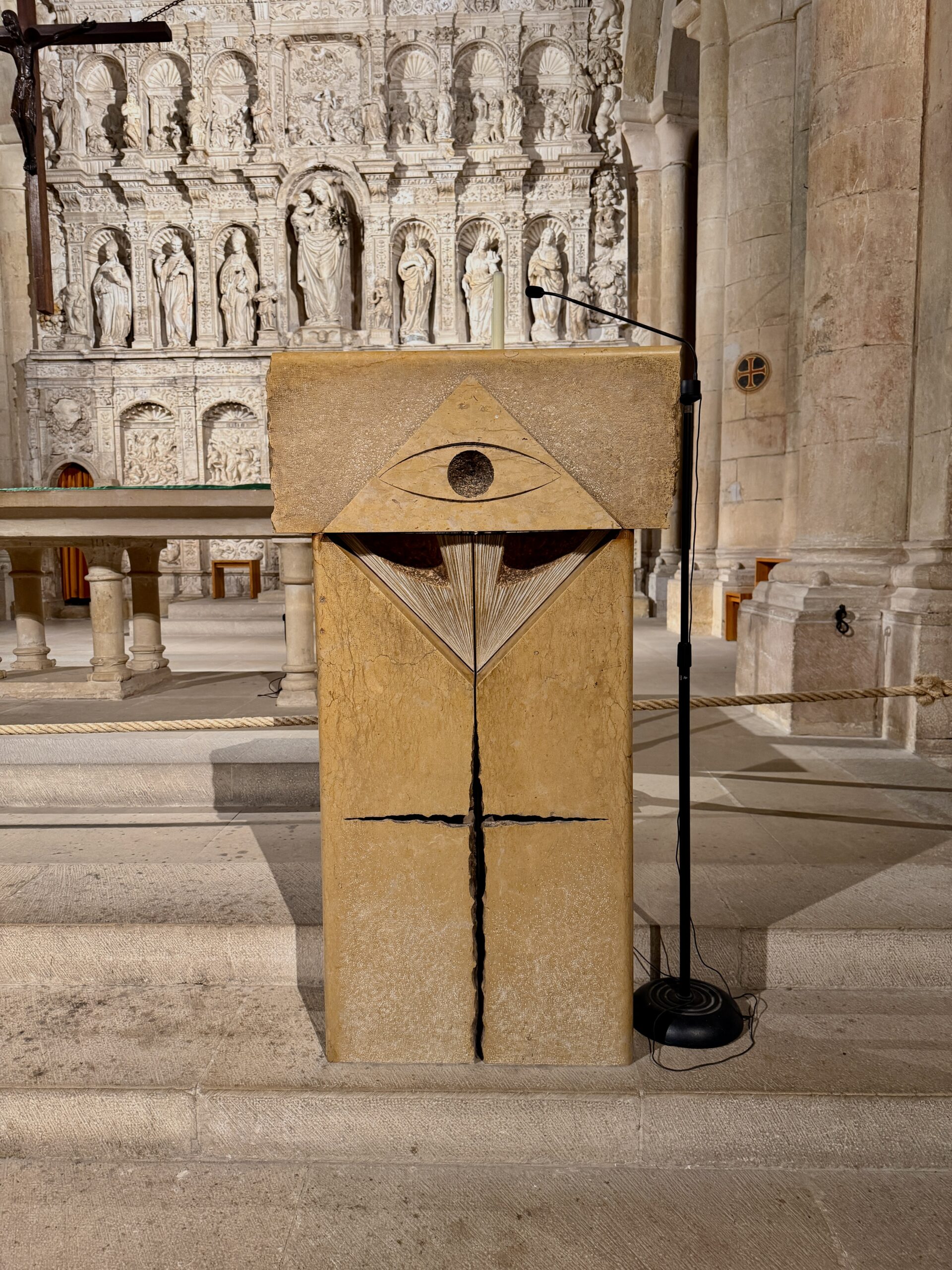
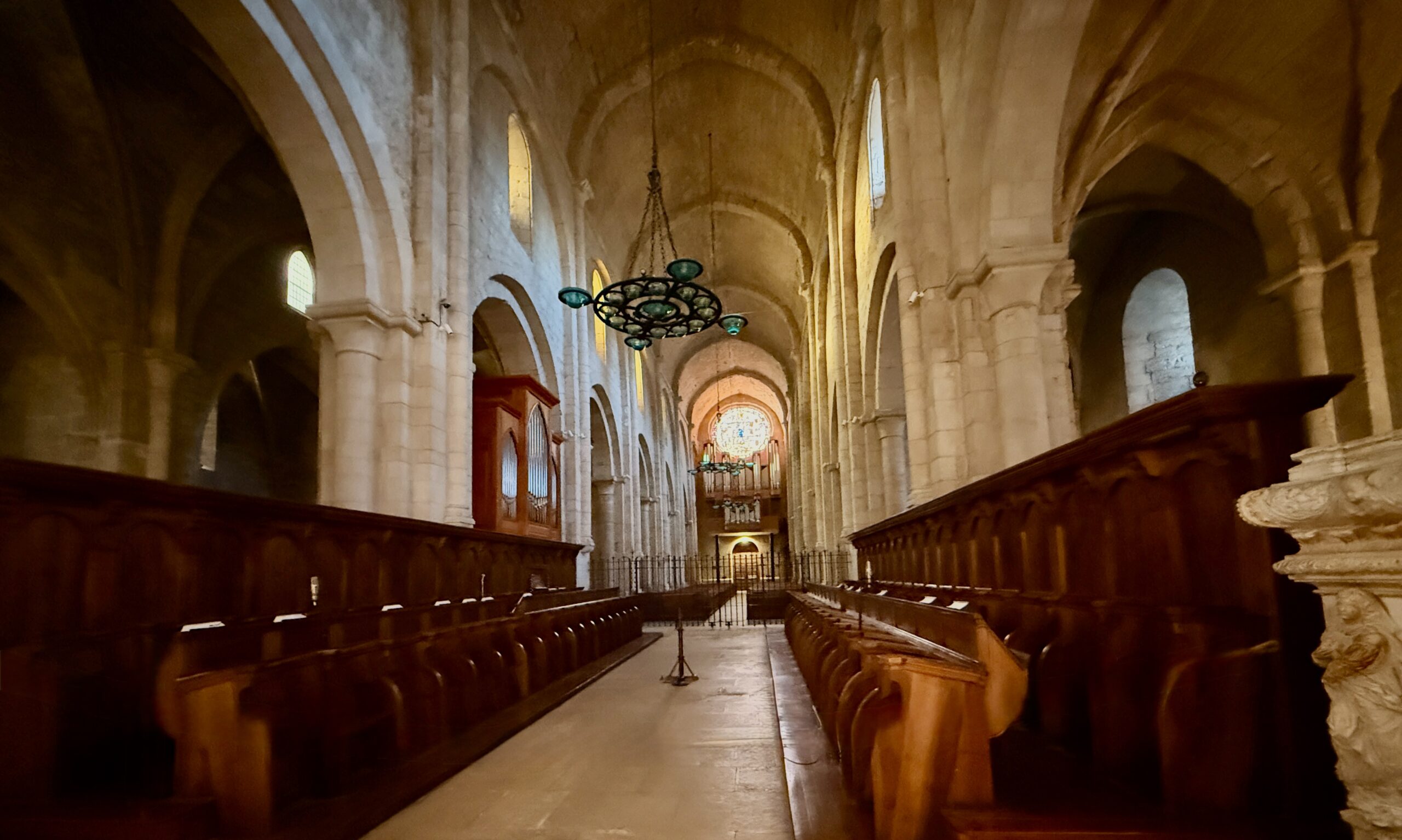
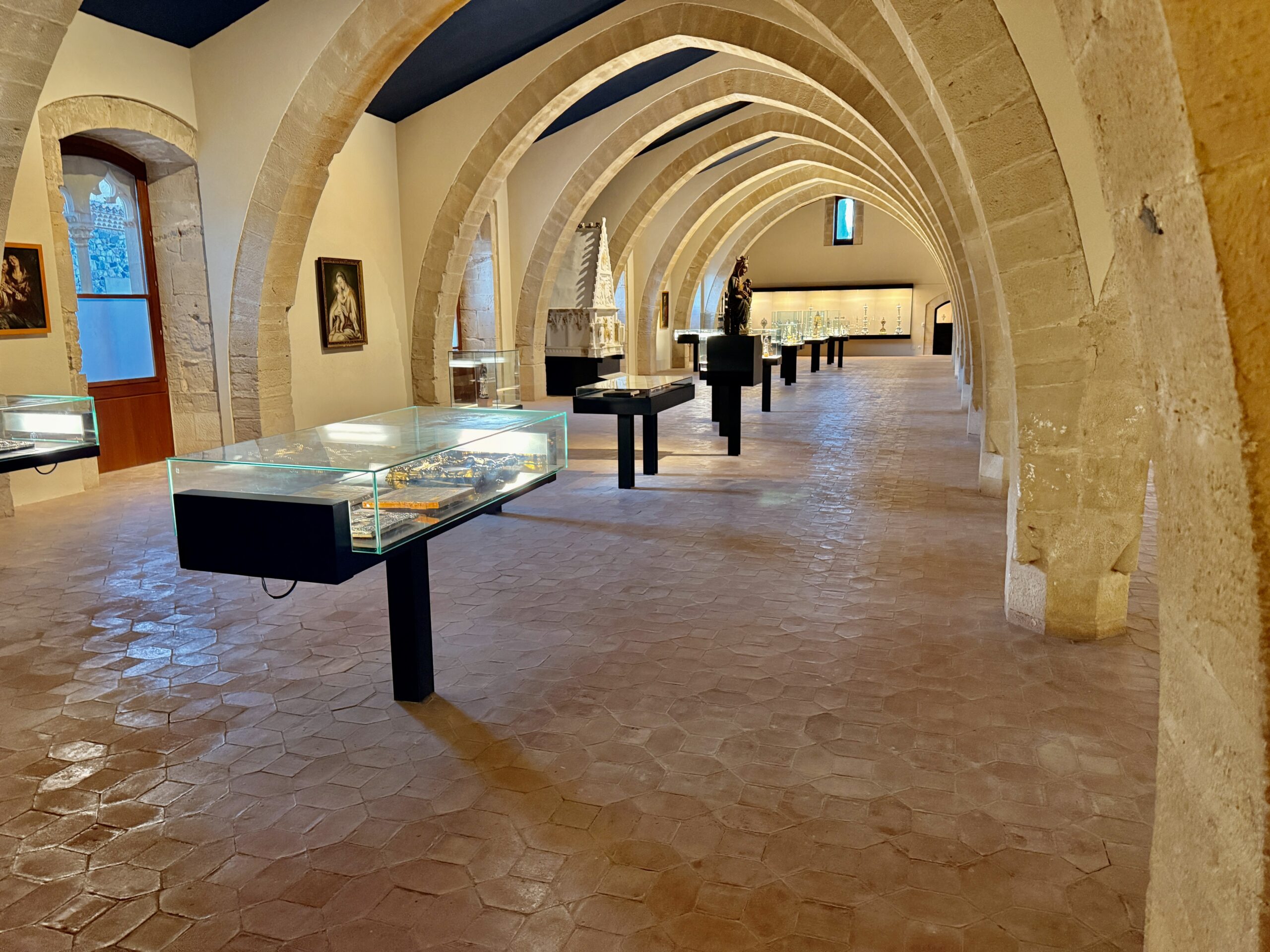
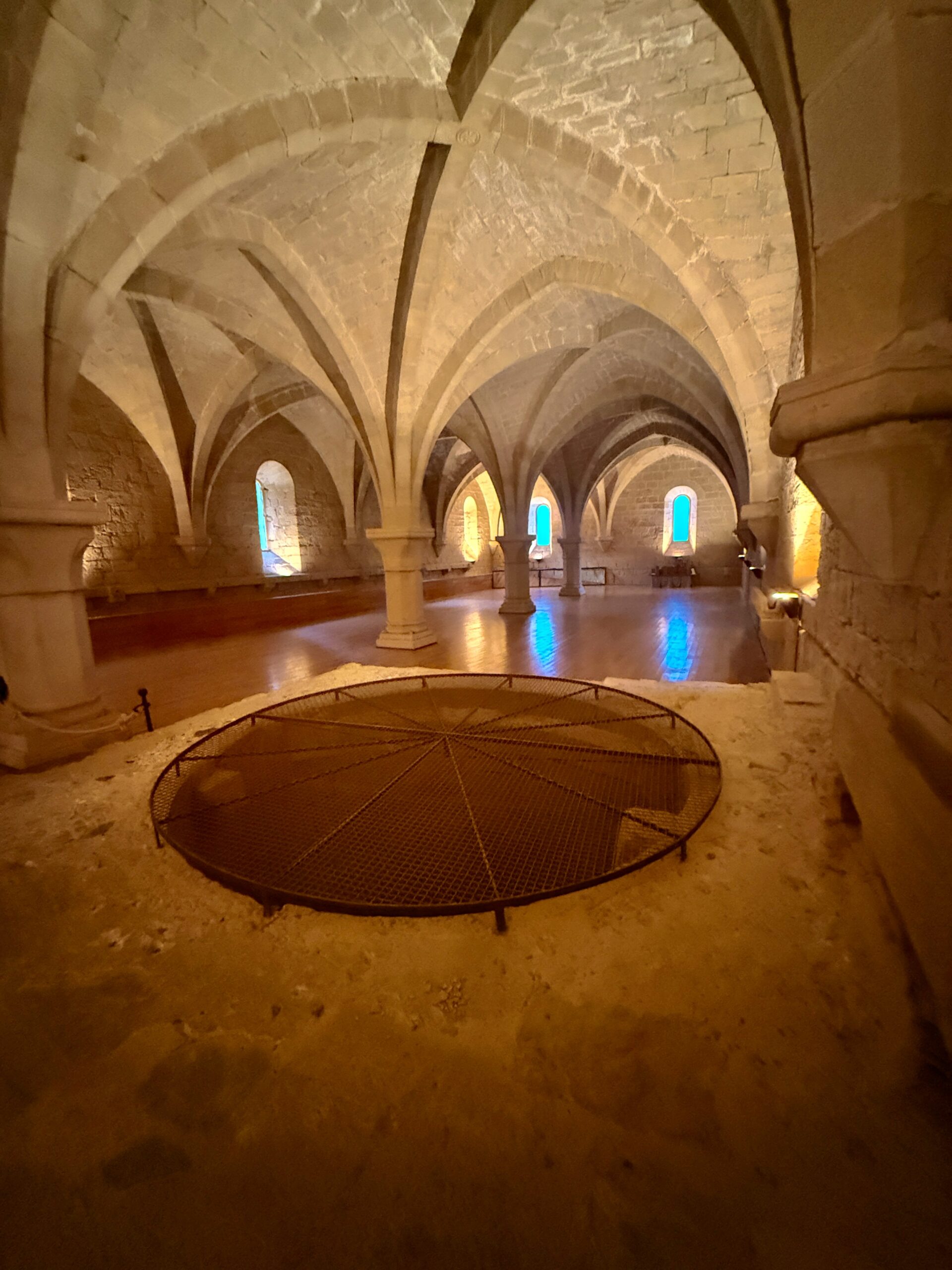
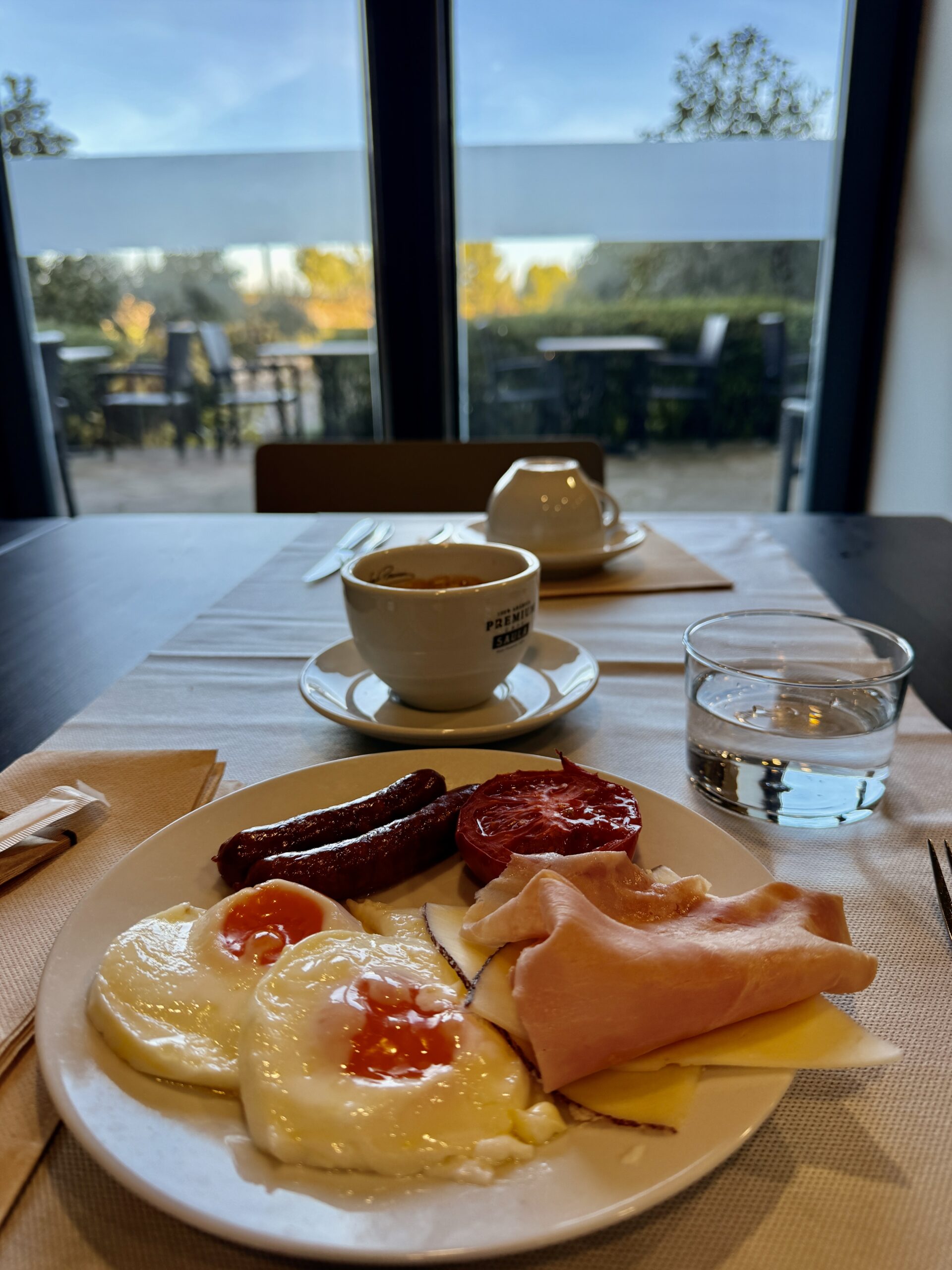
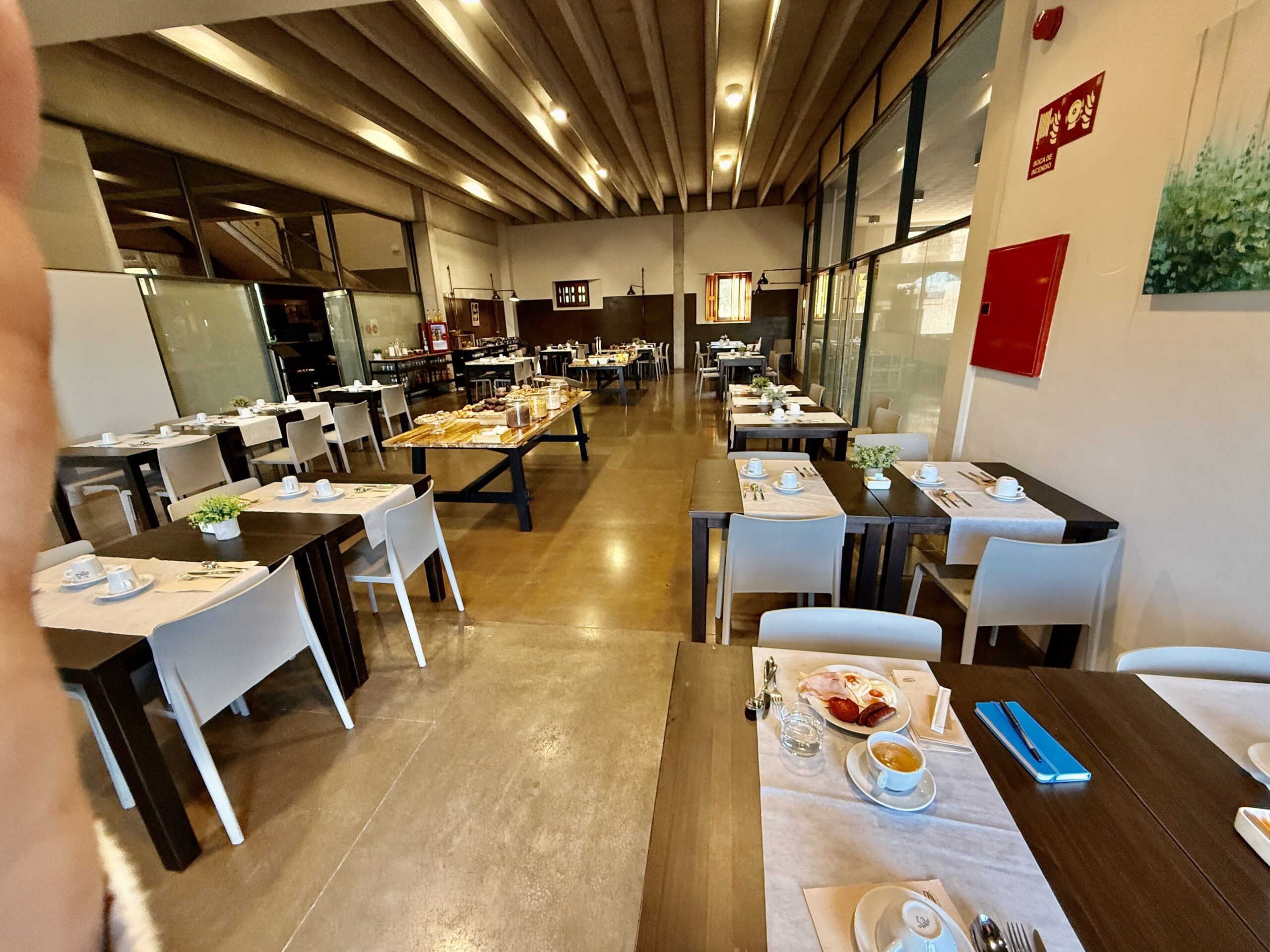
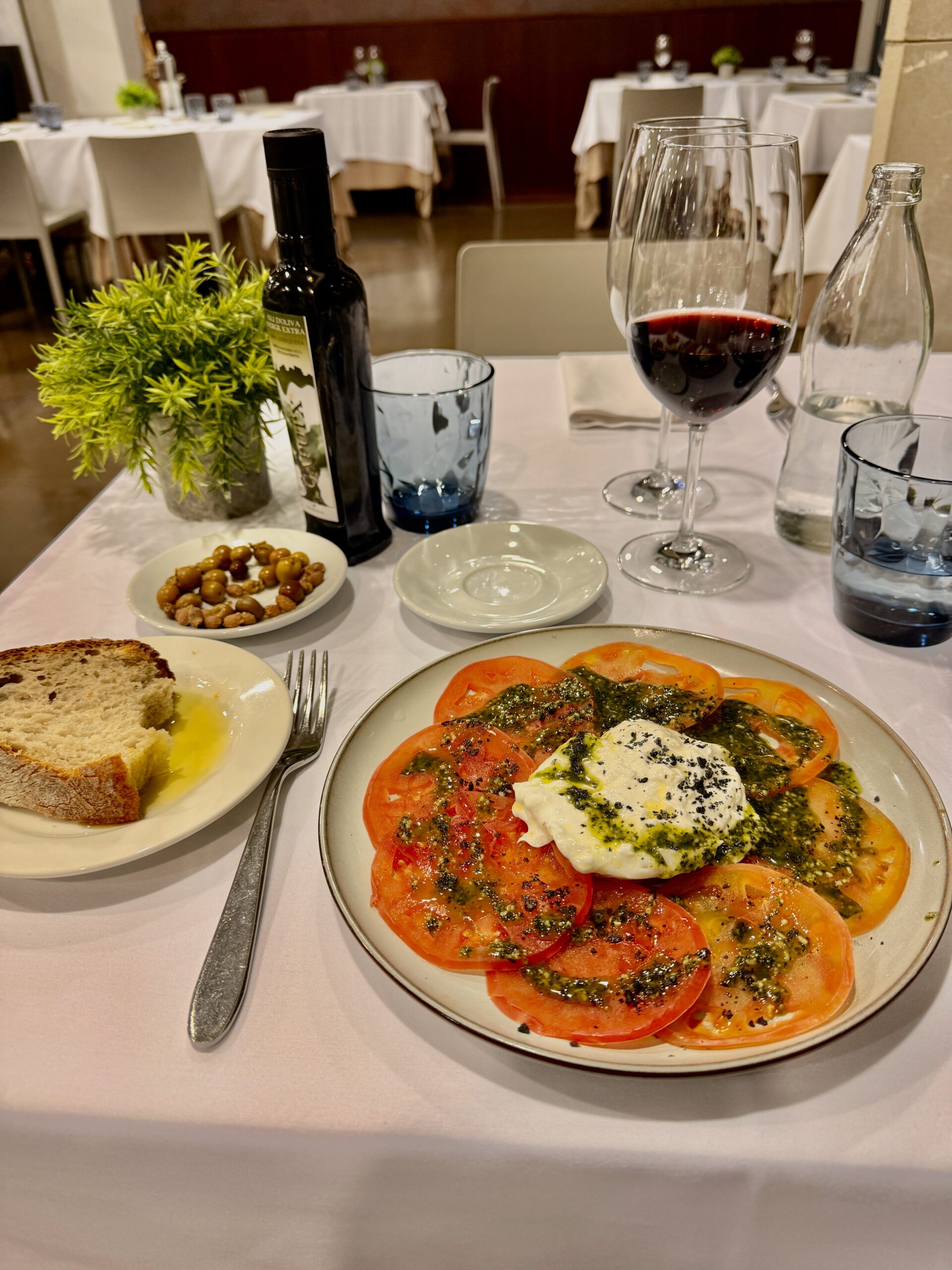

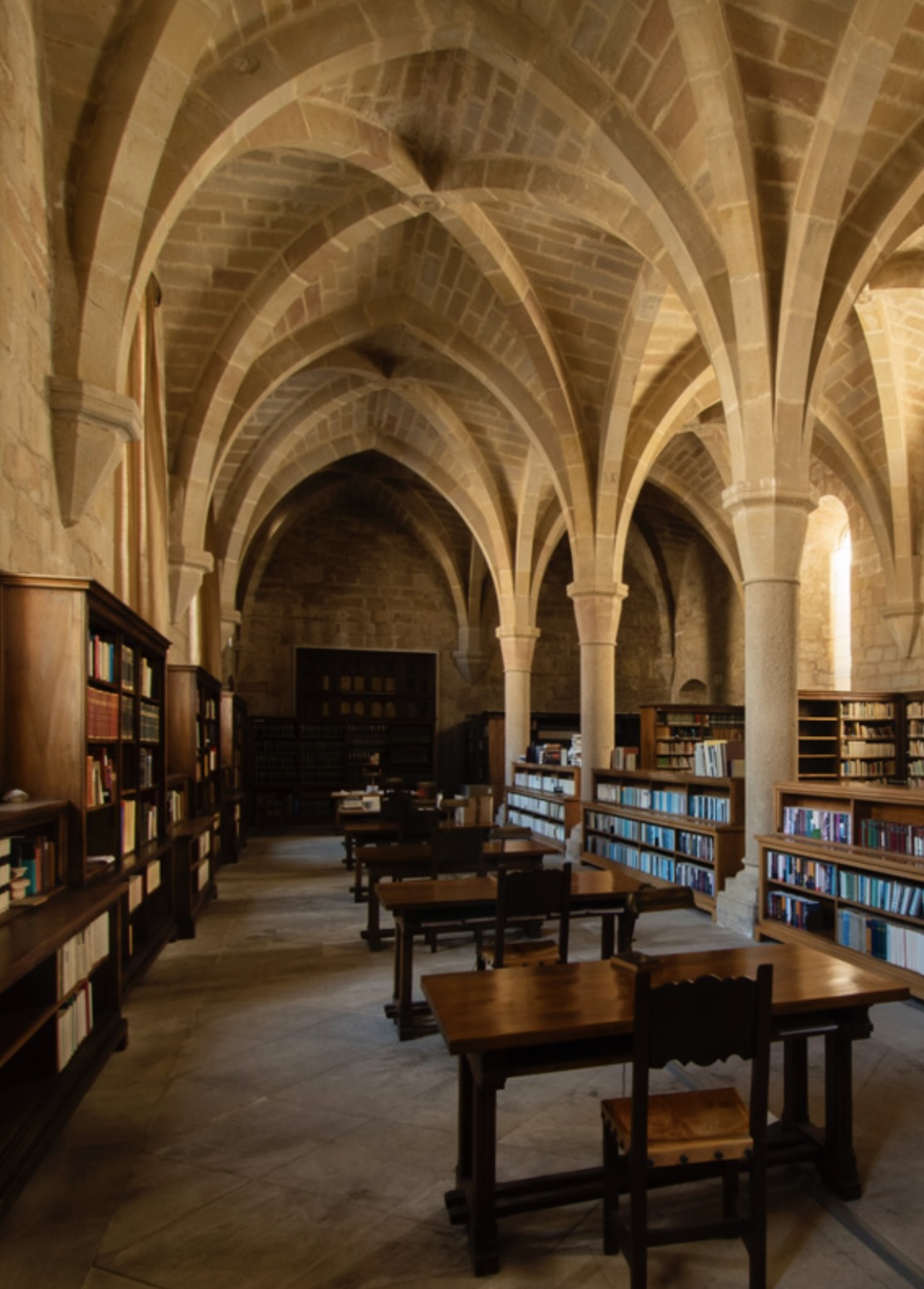
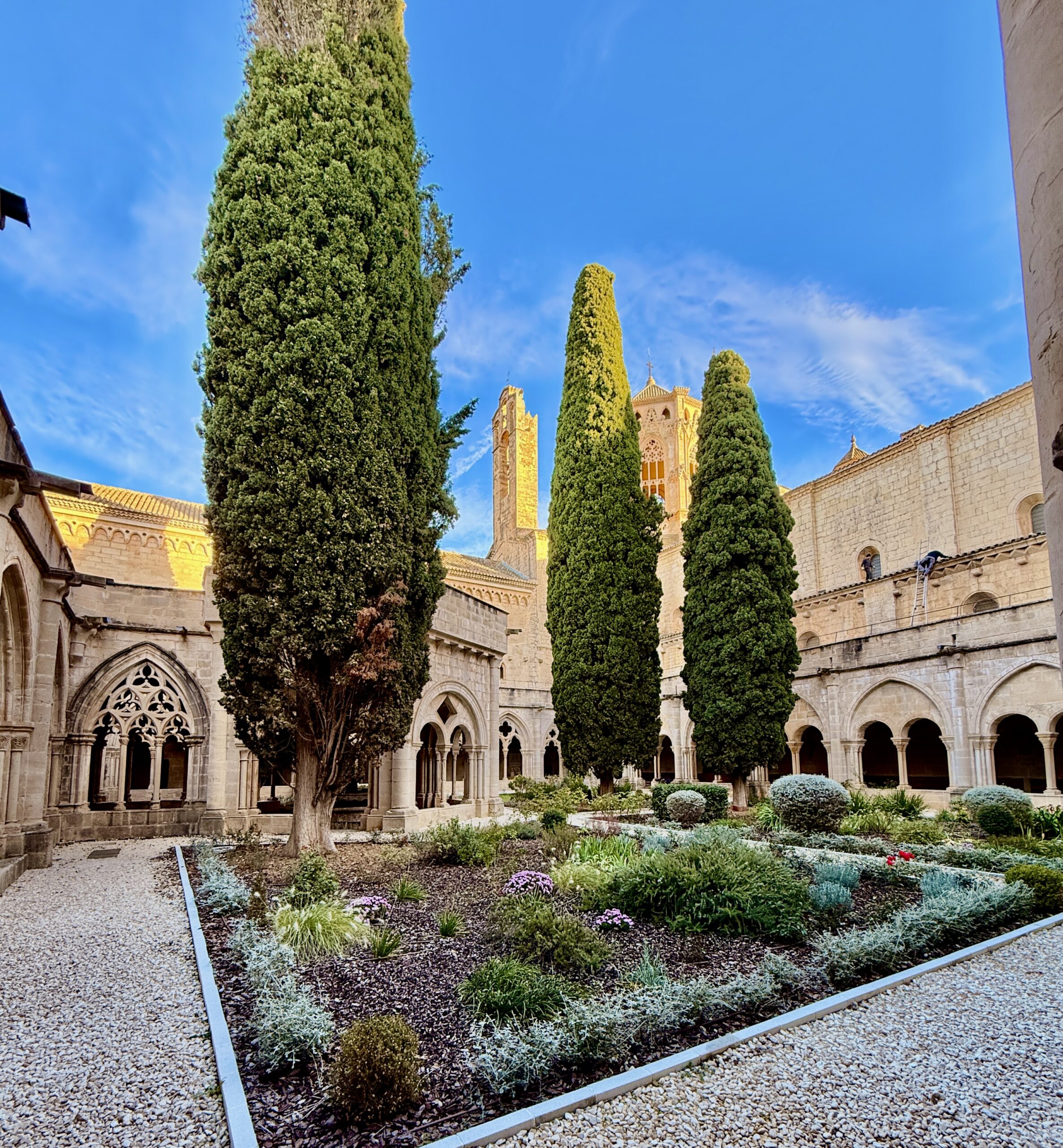
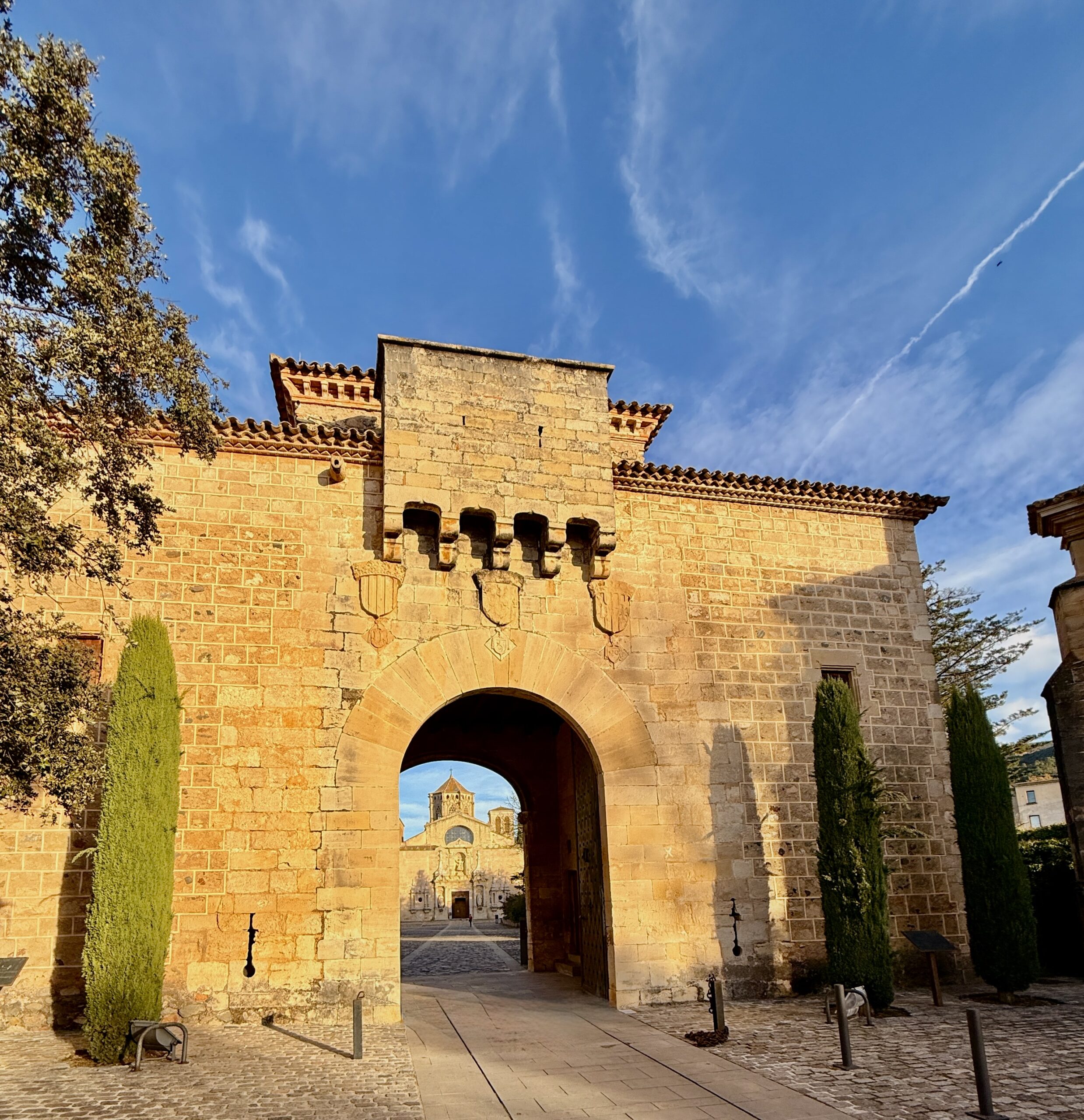

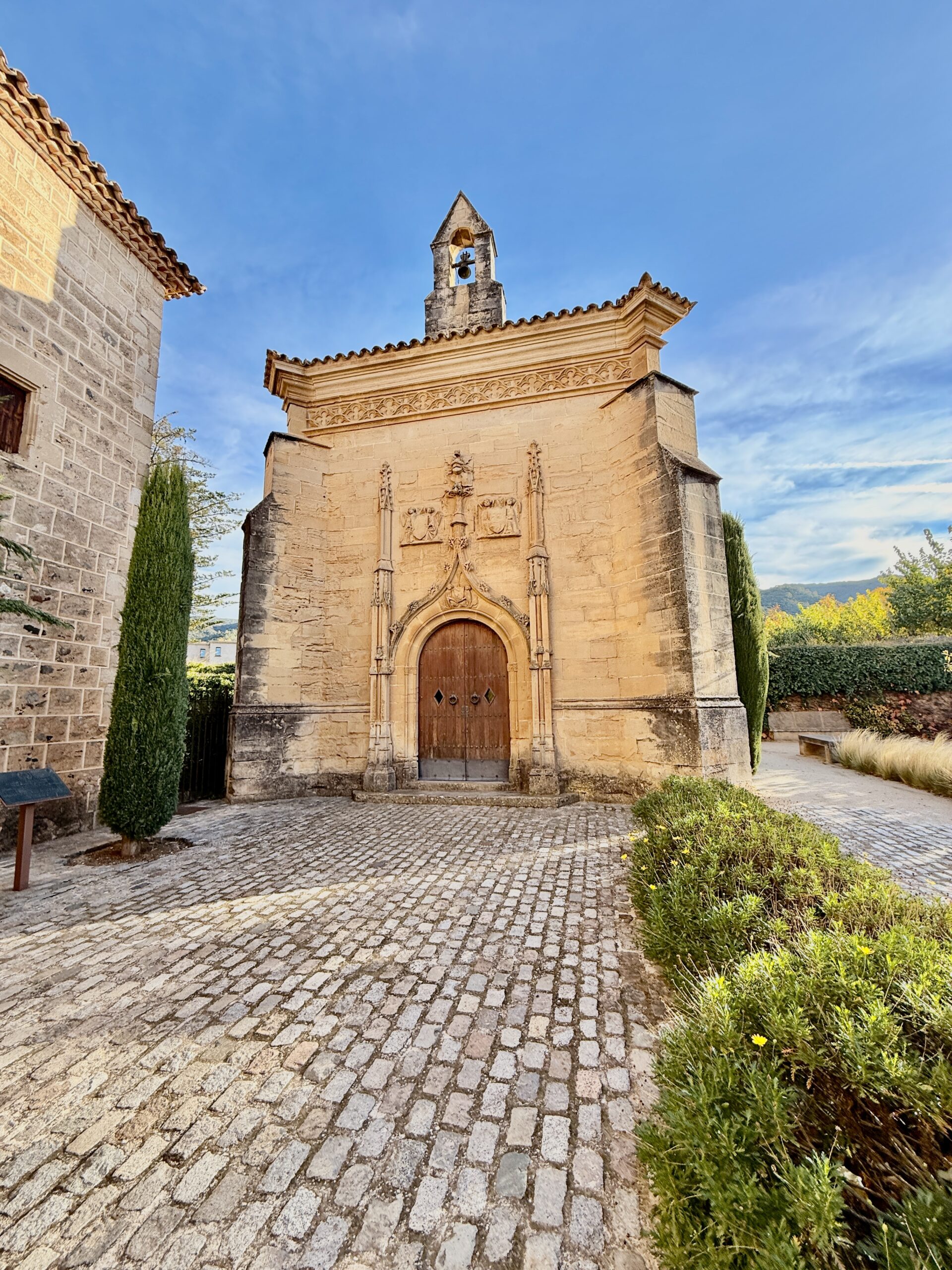
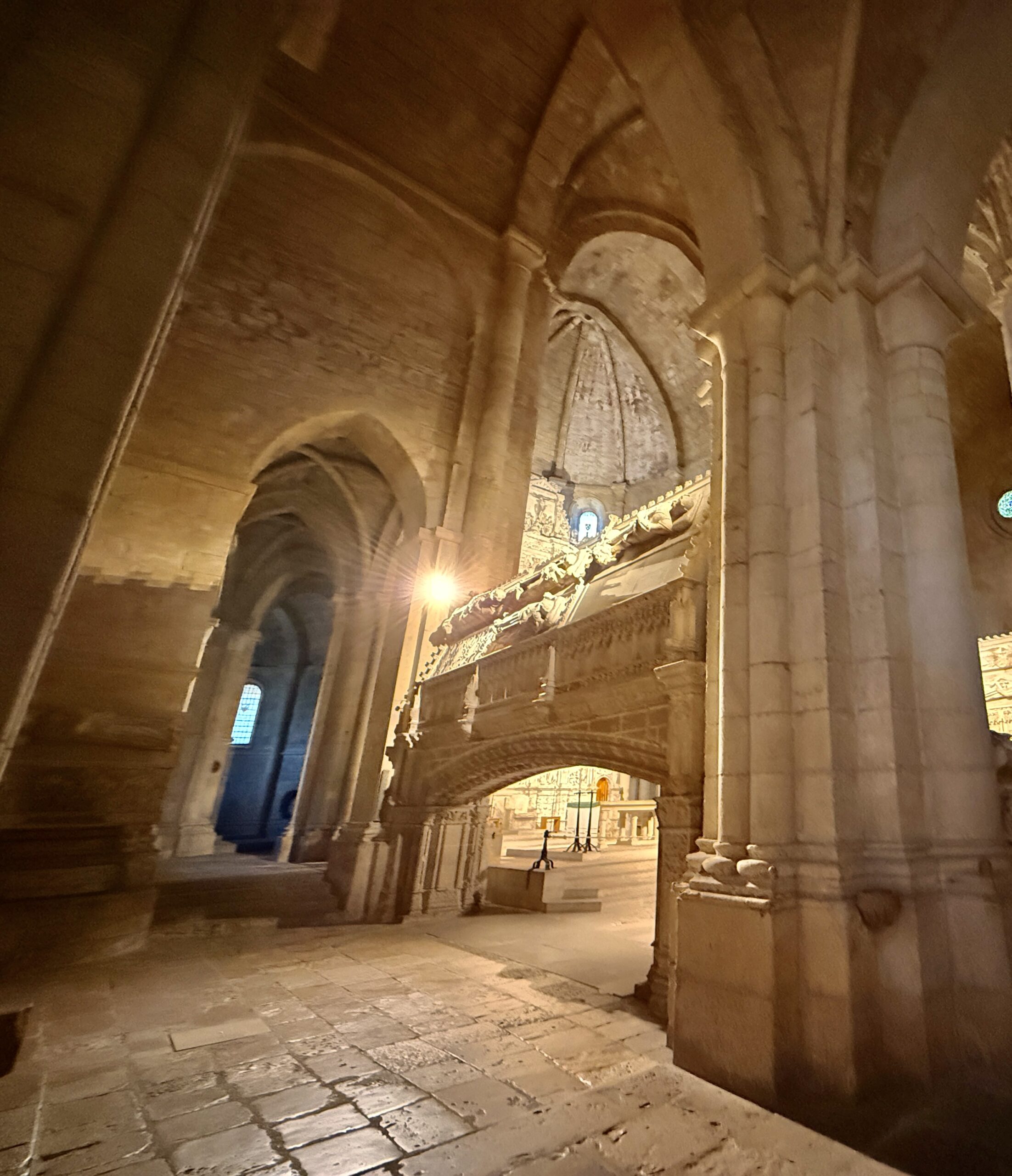
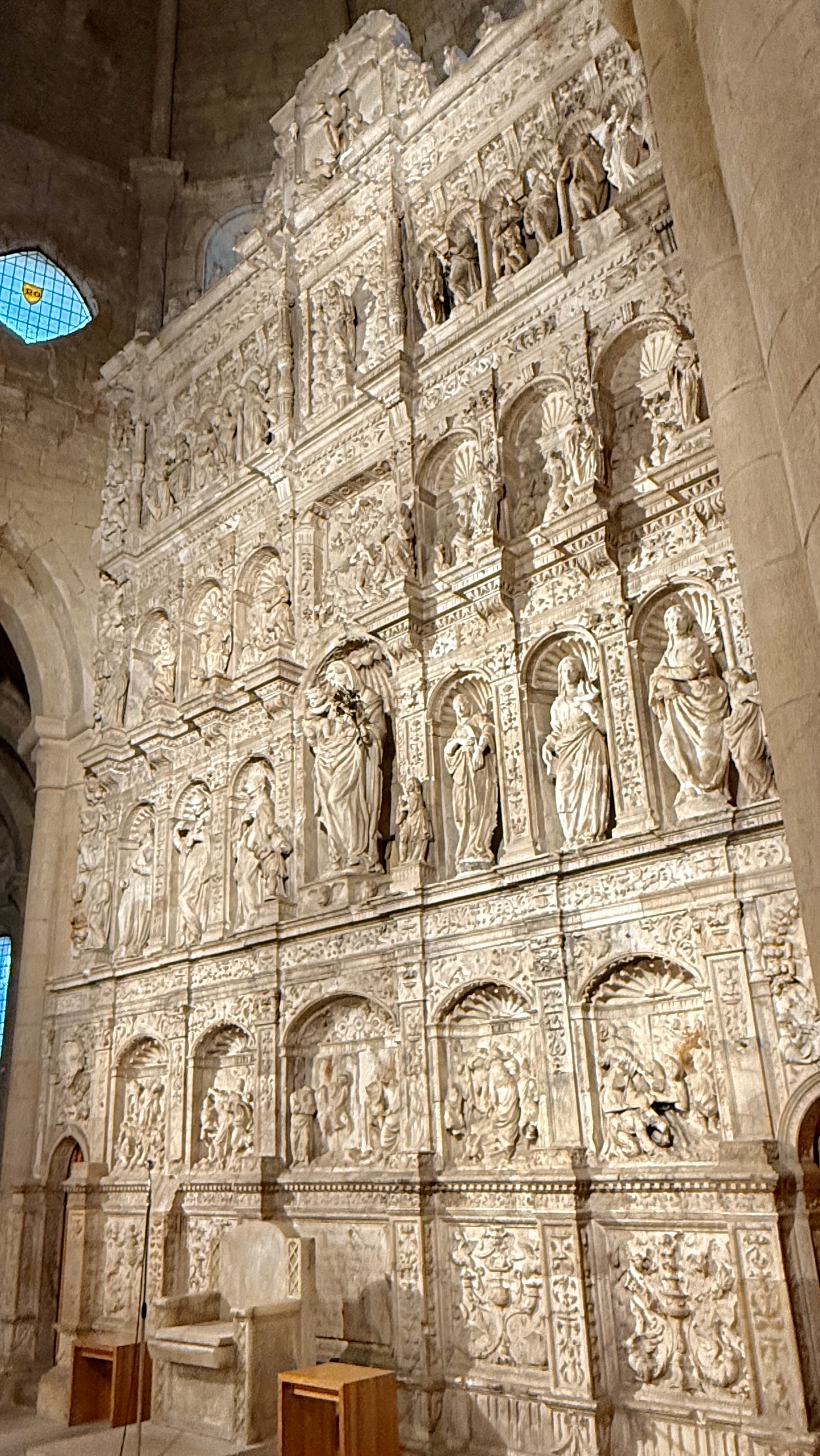
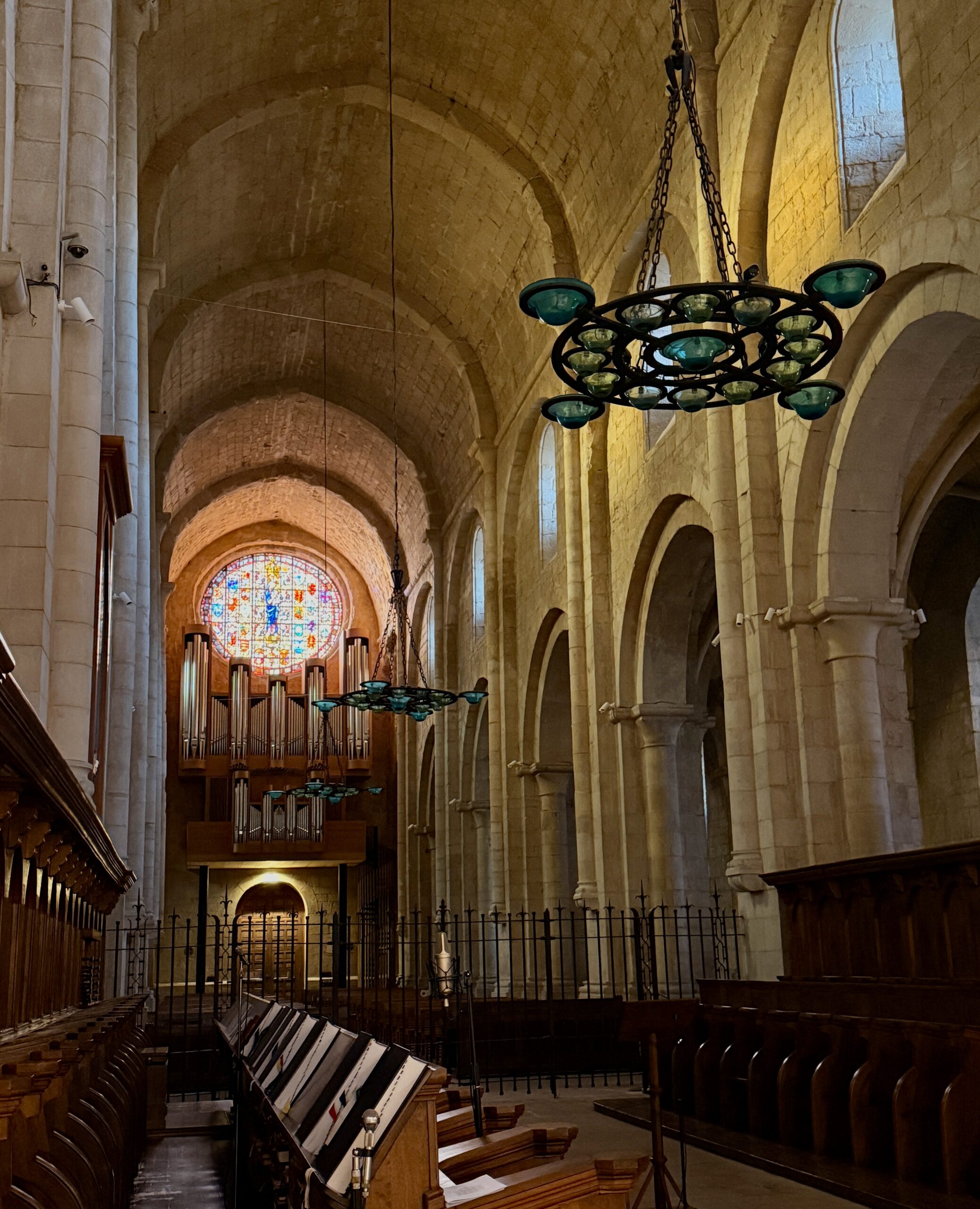
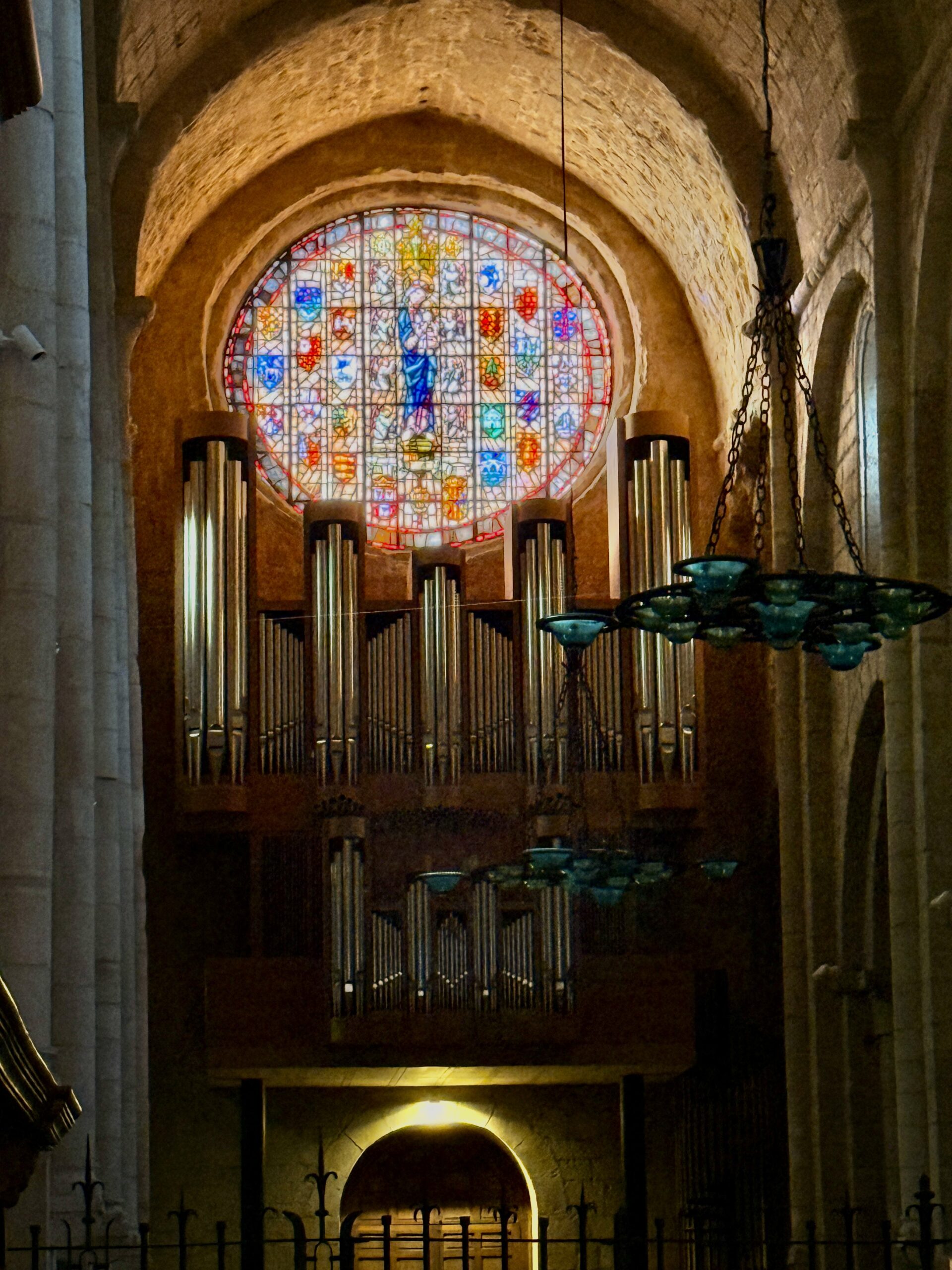
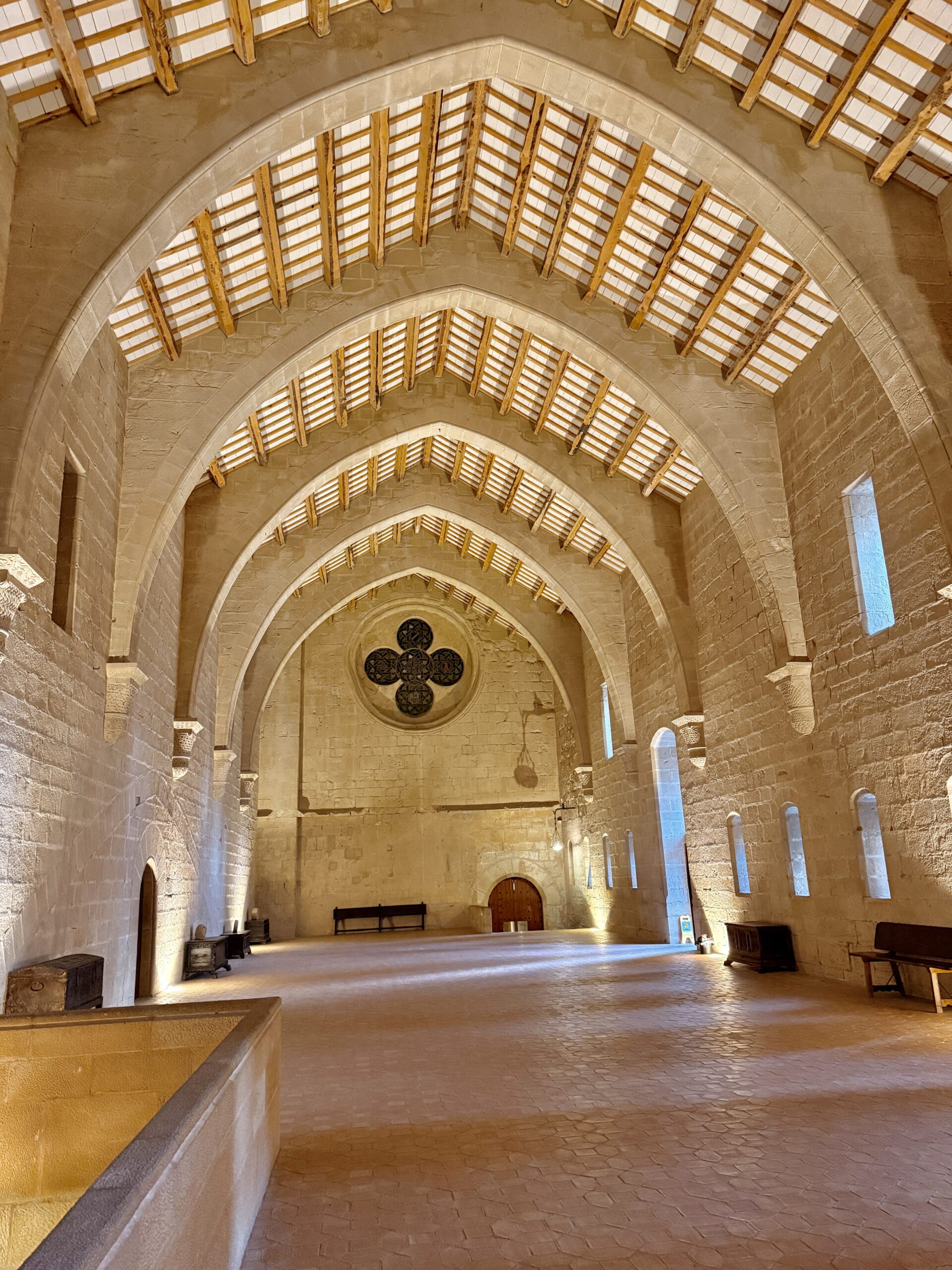
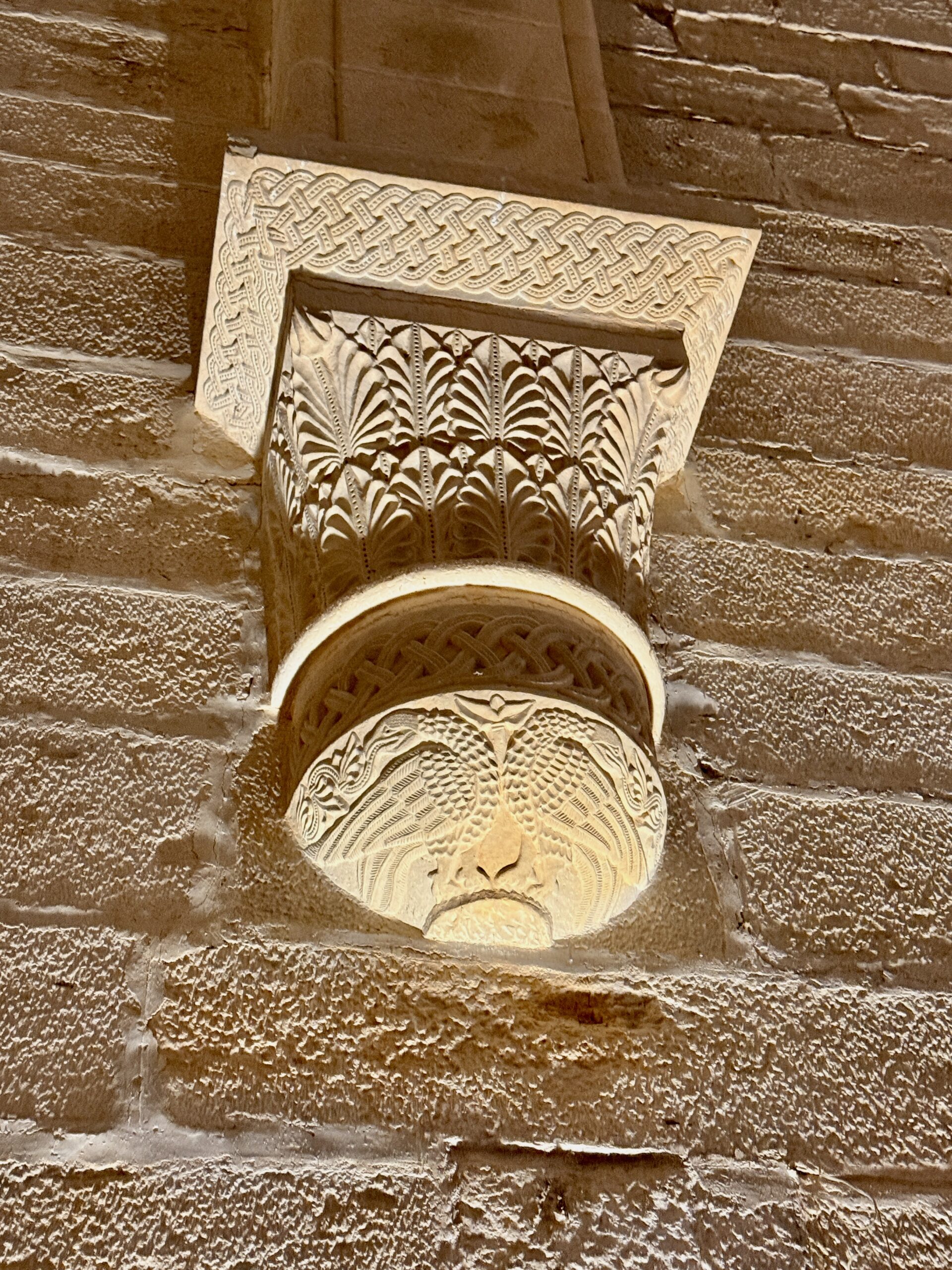
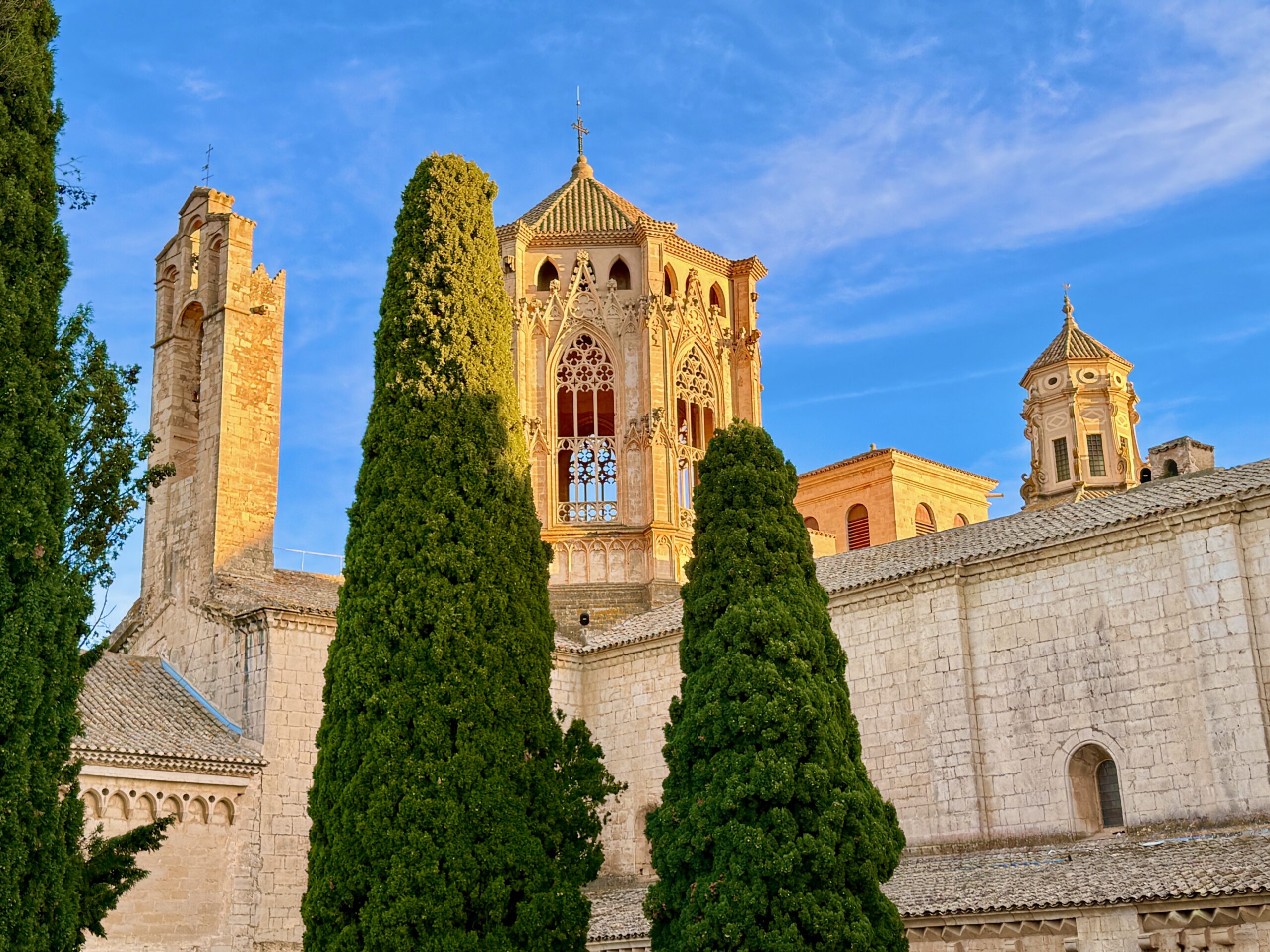



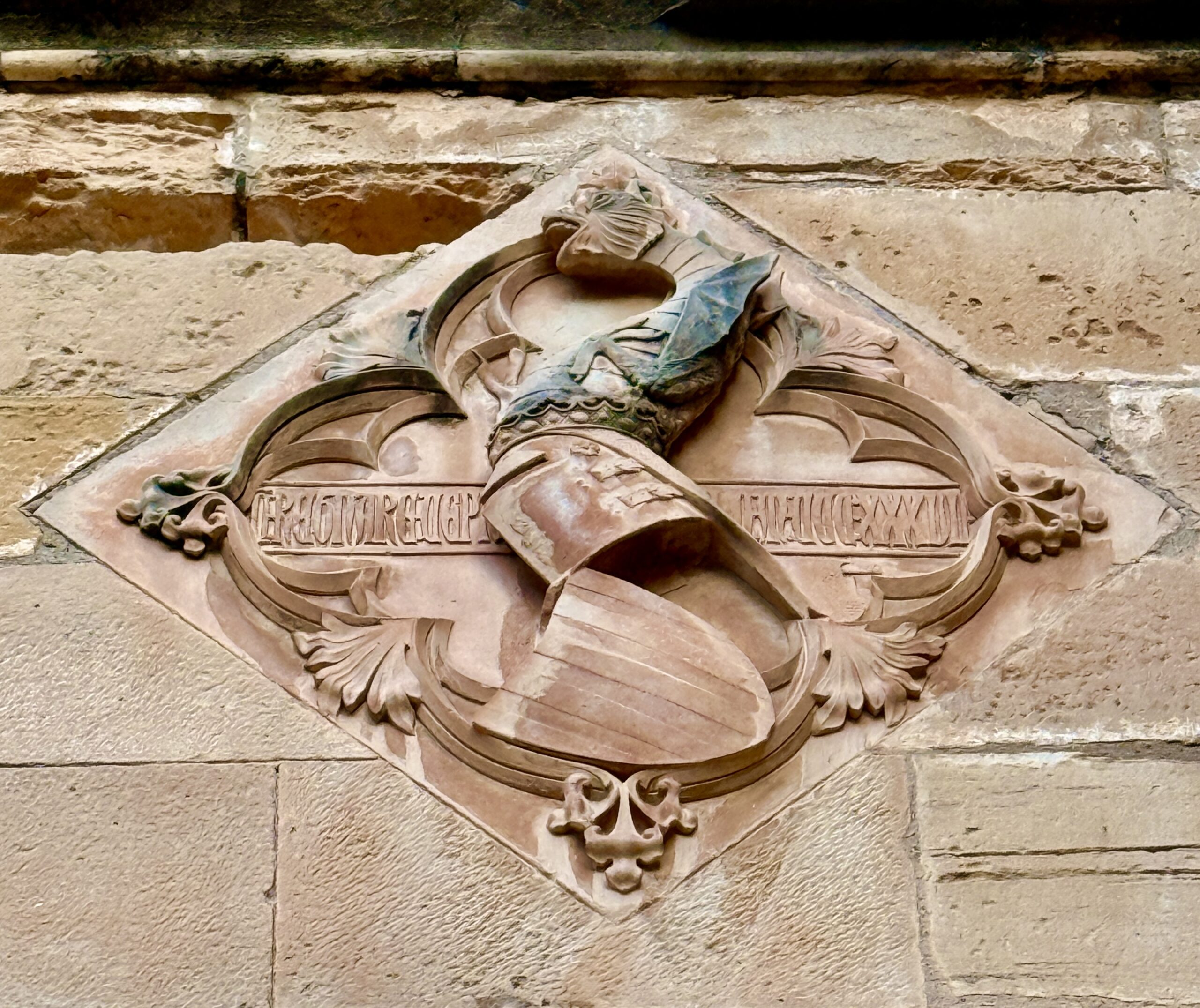
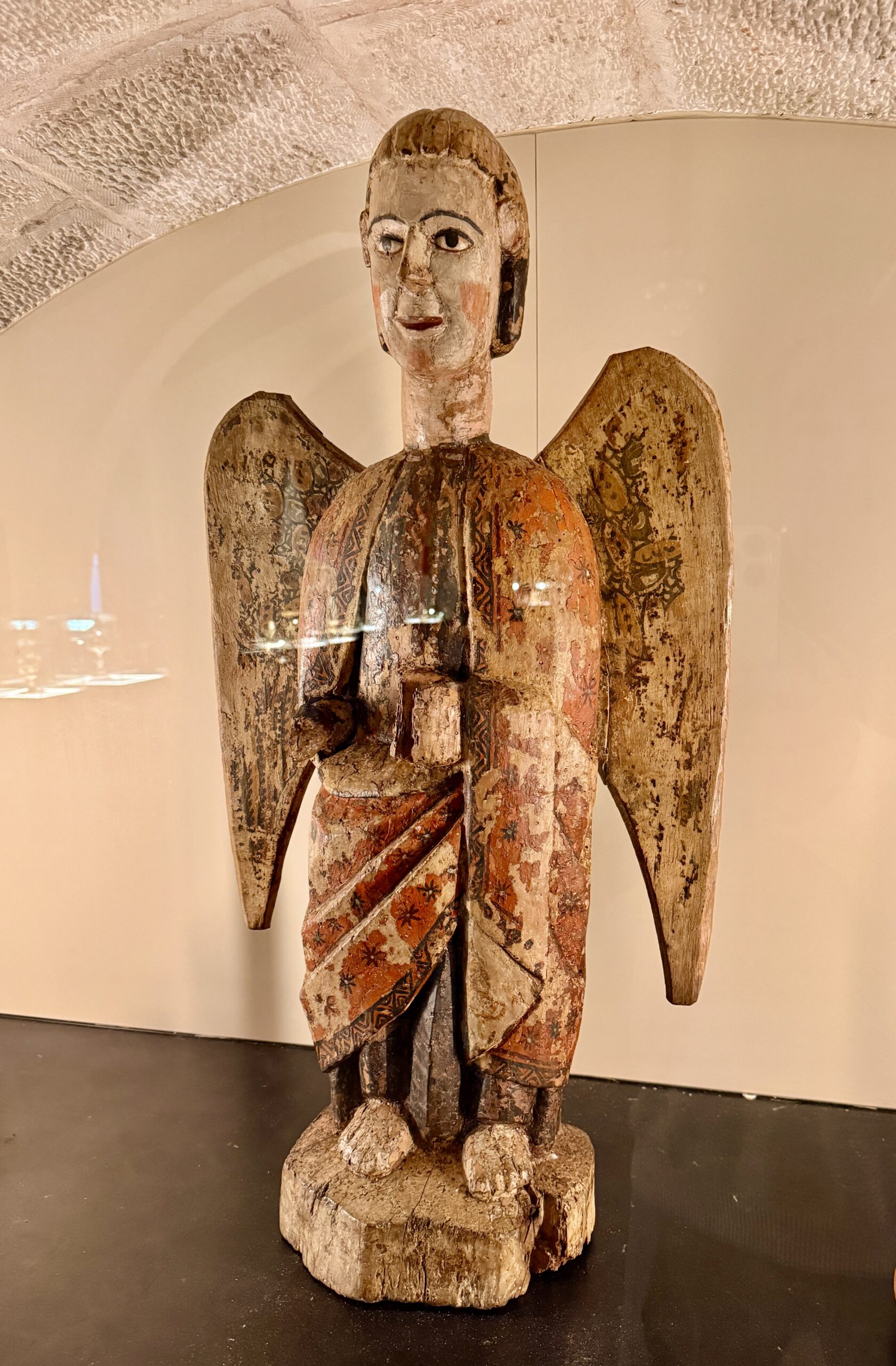
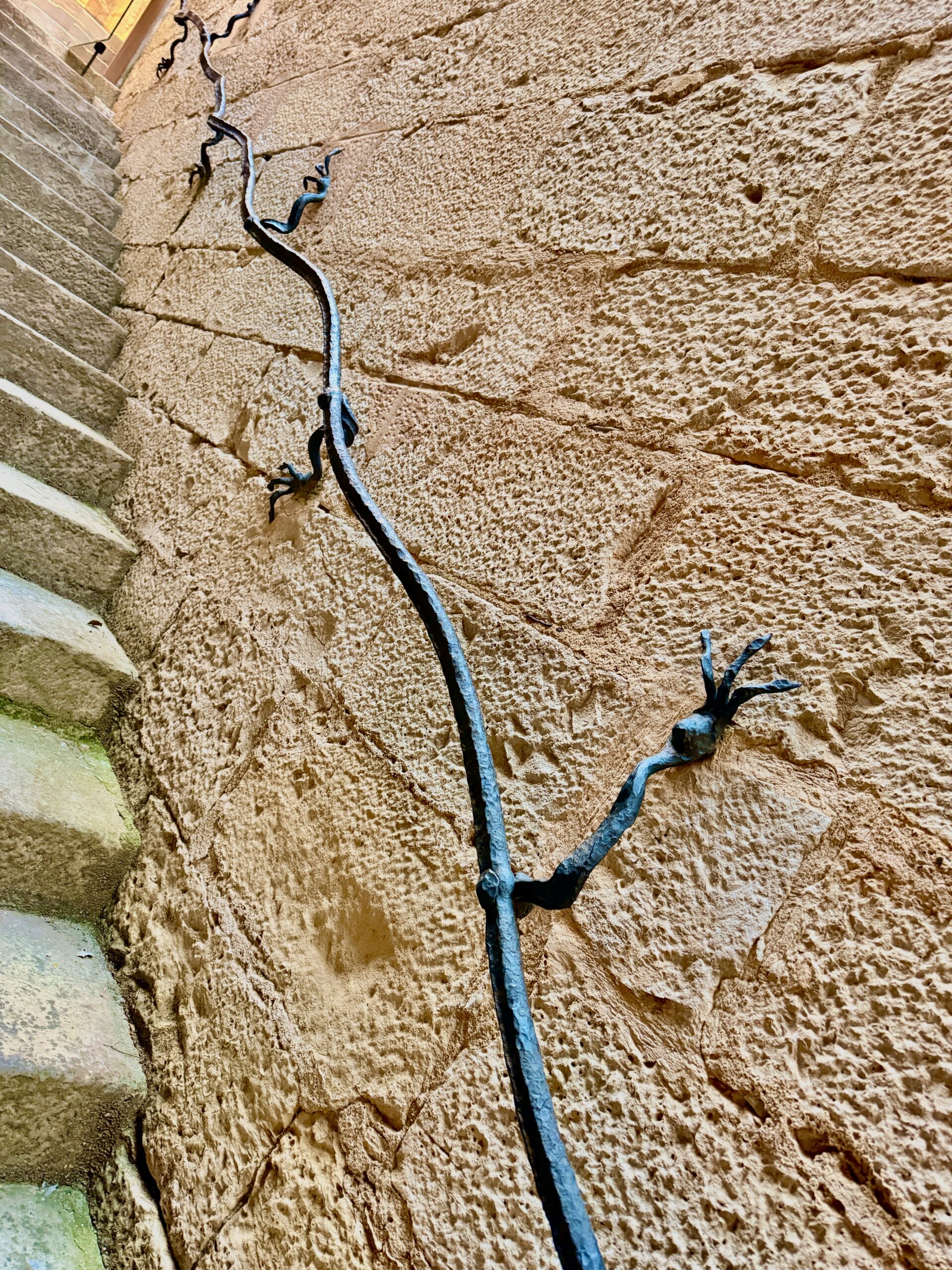

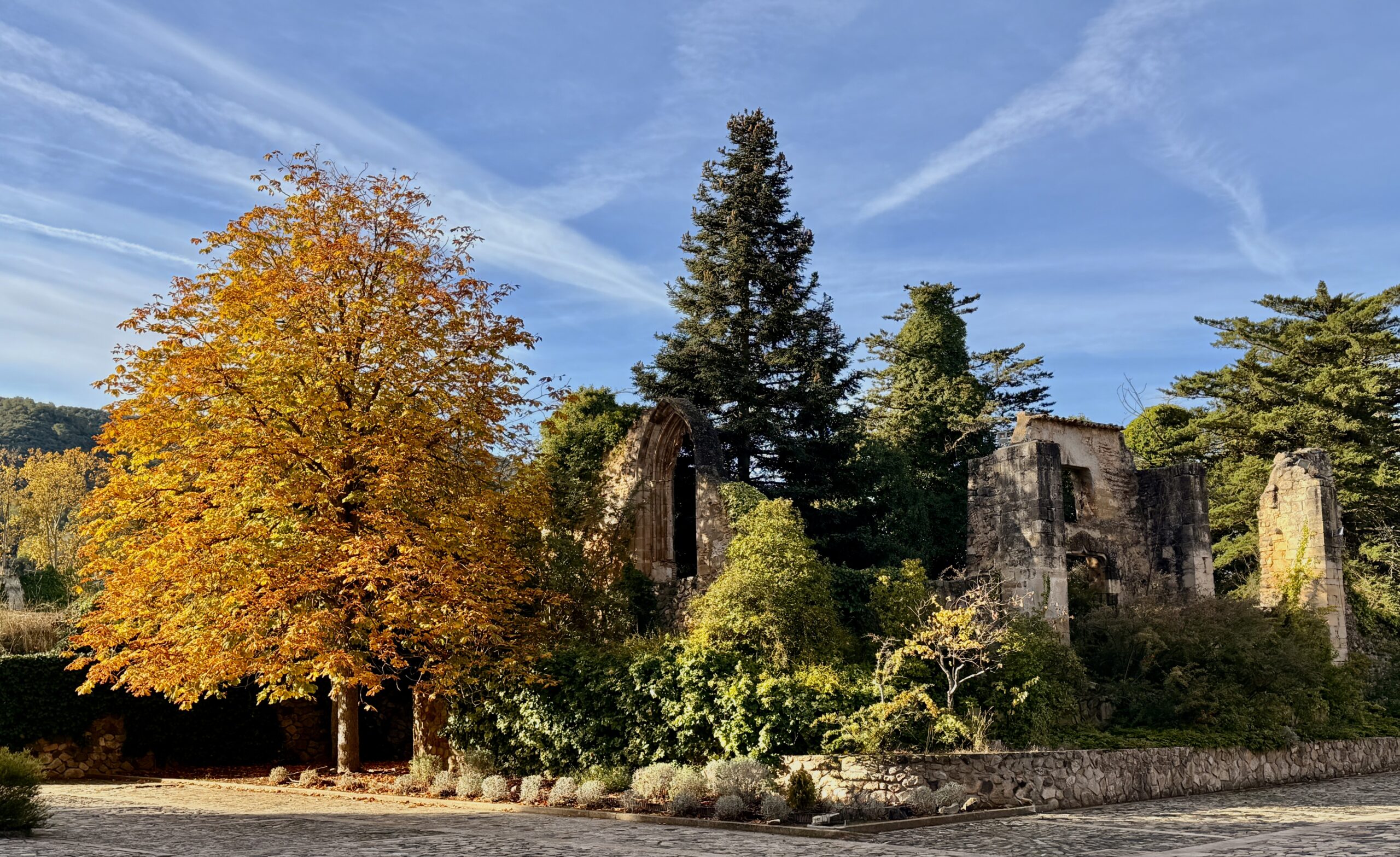
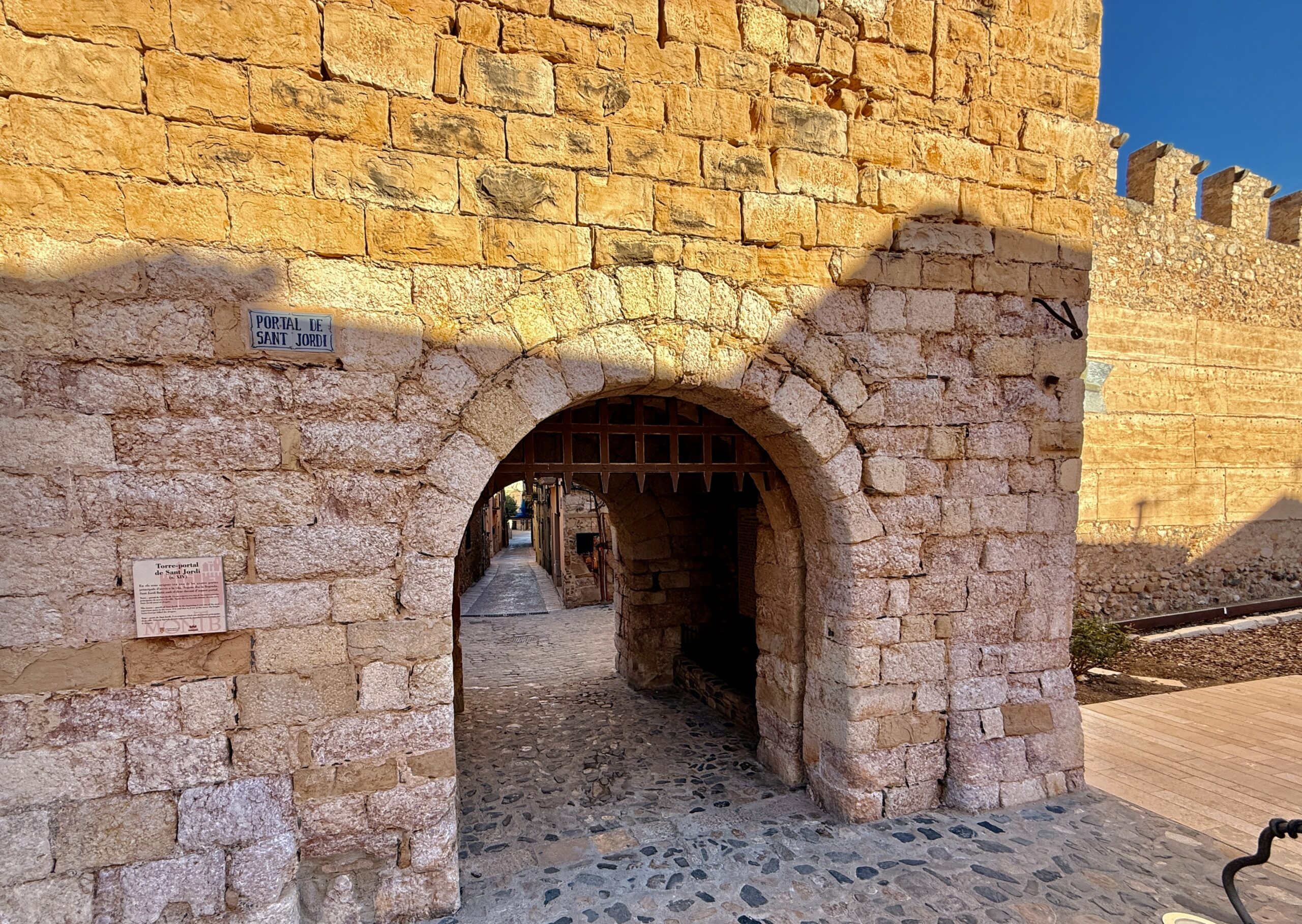
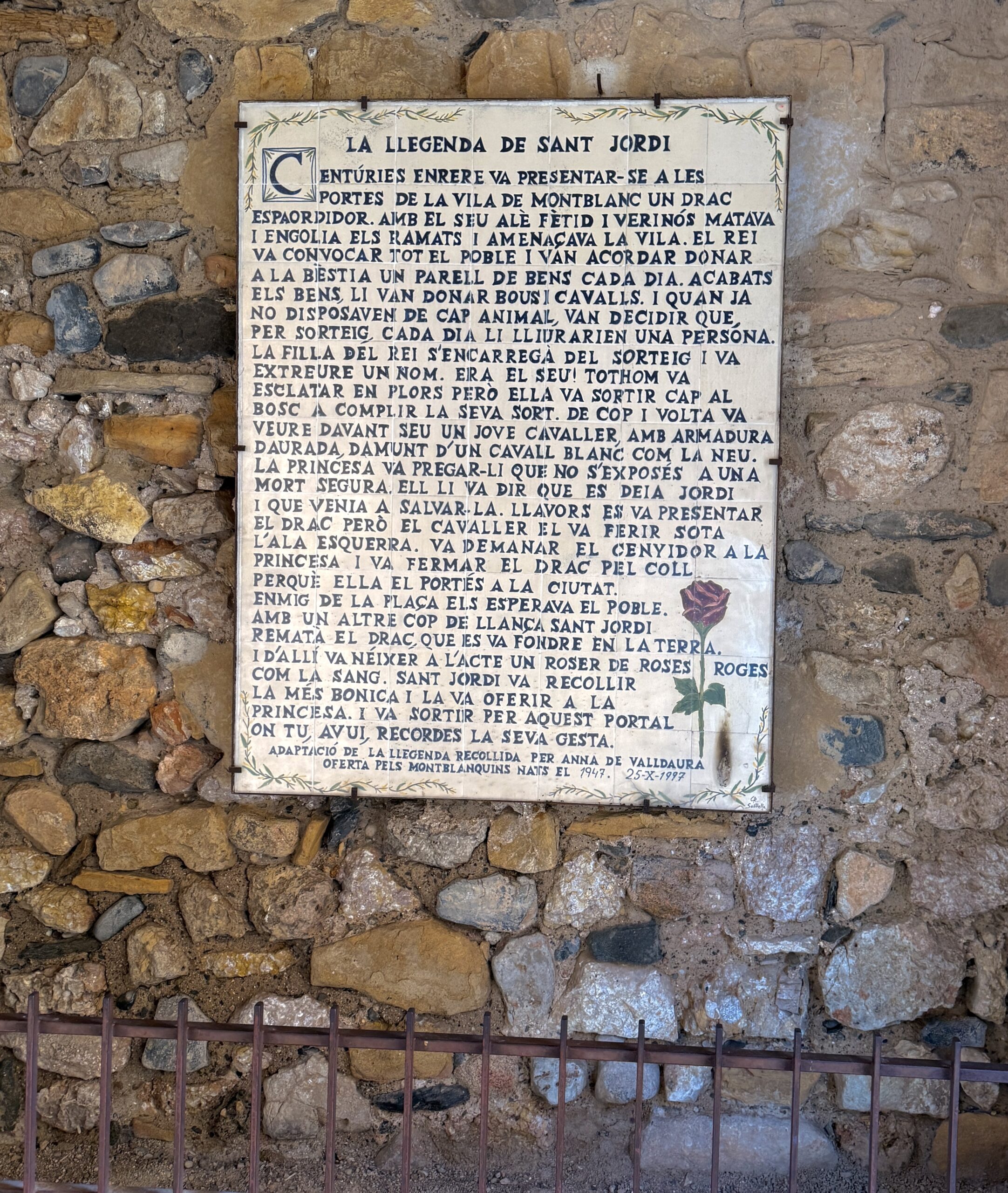





Leave a Reply